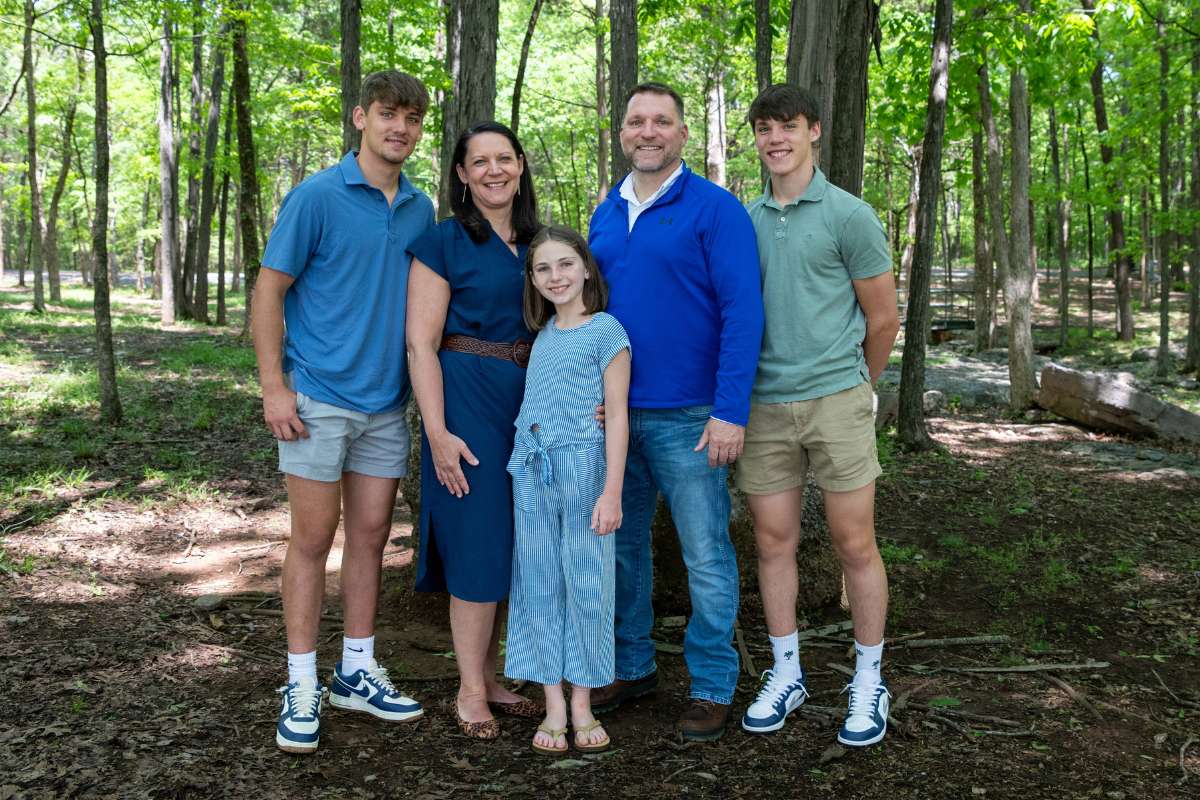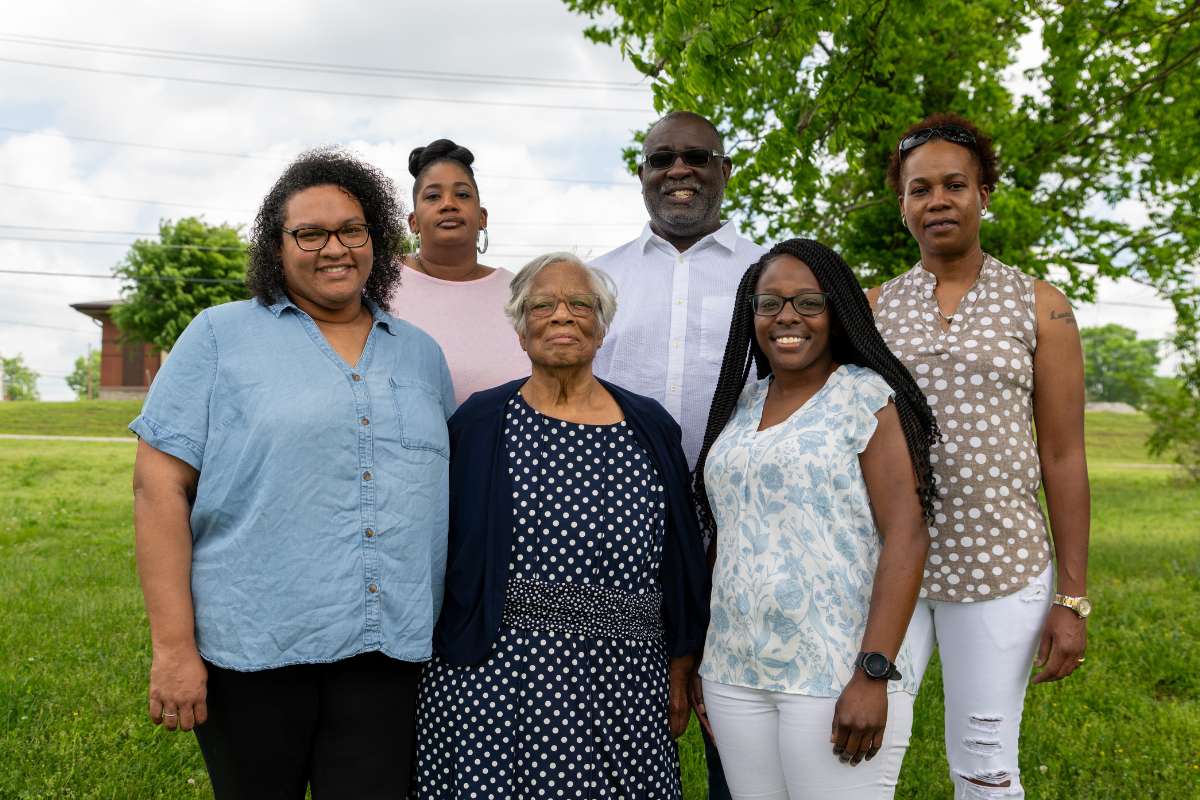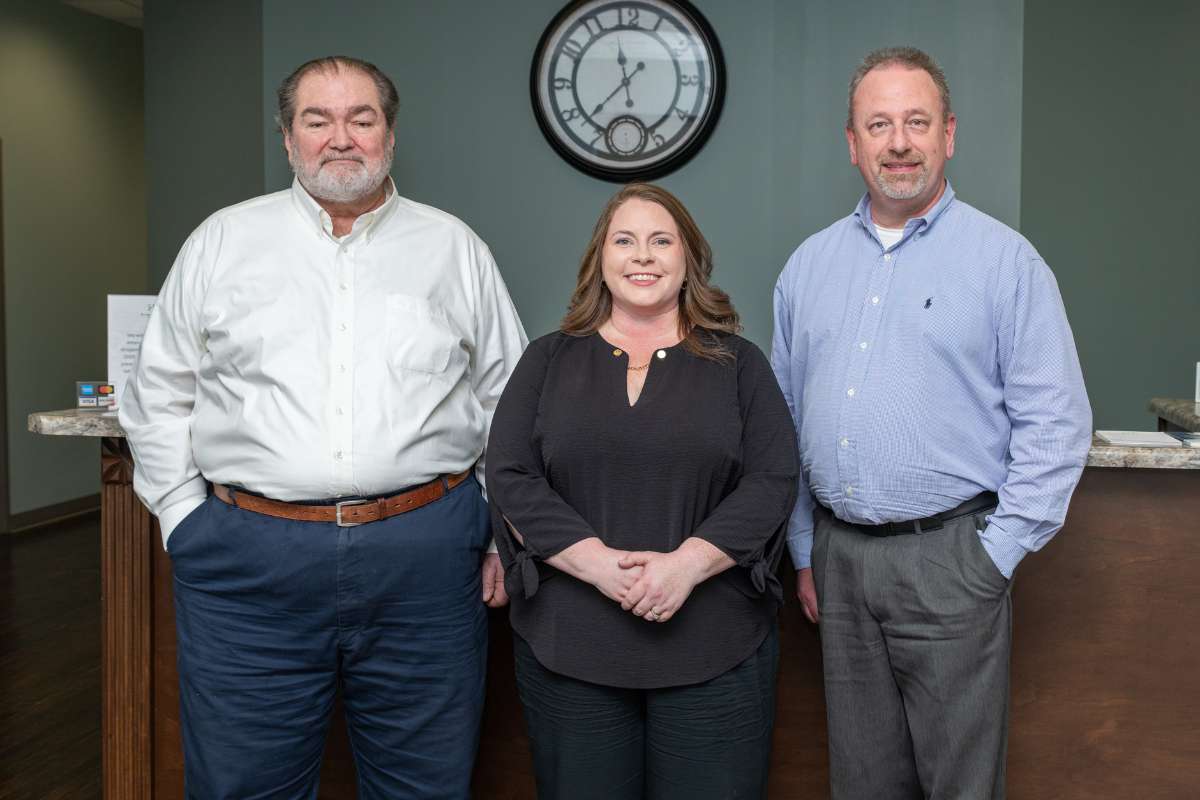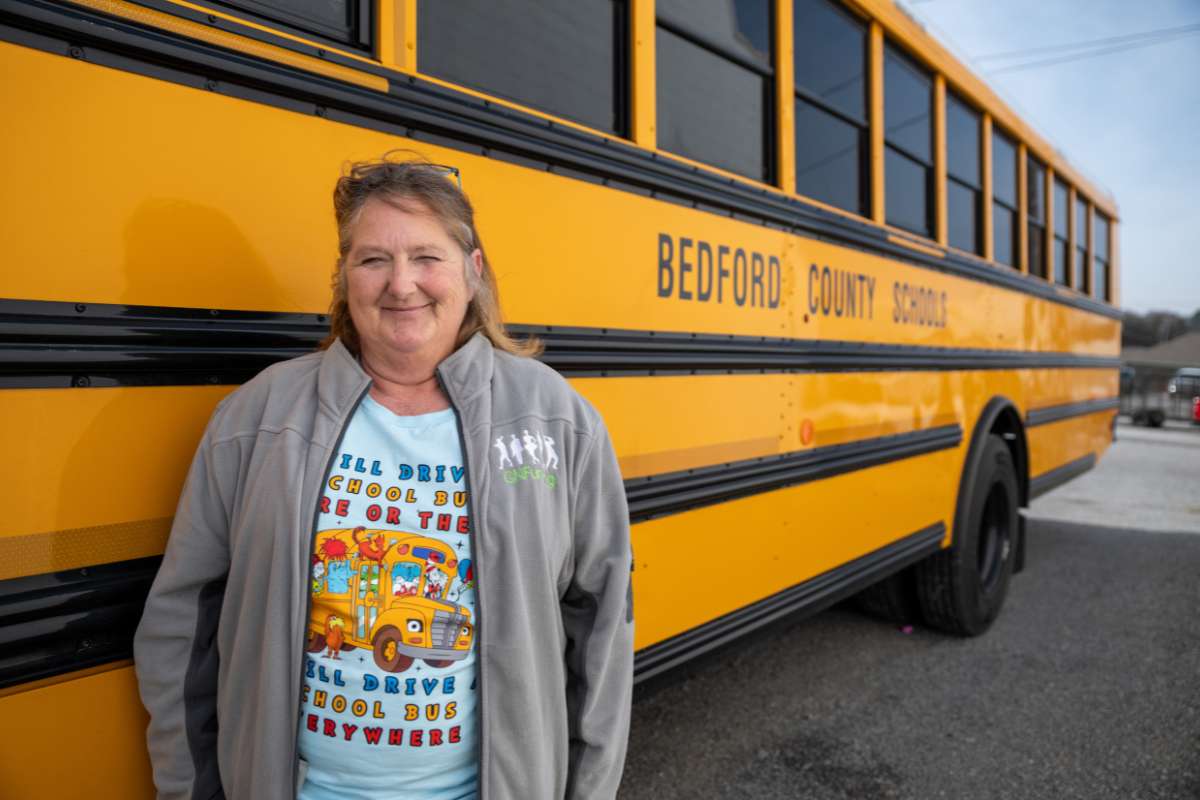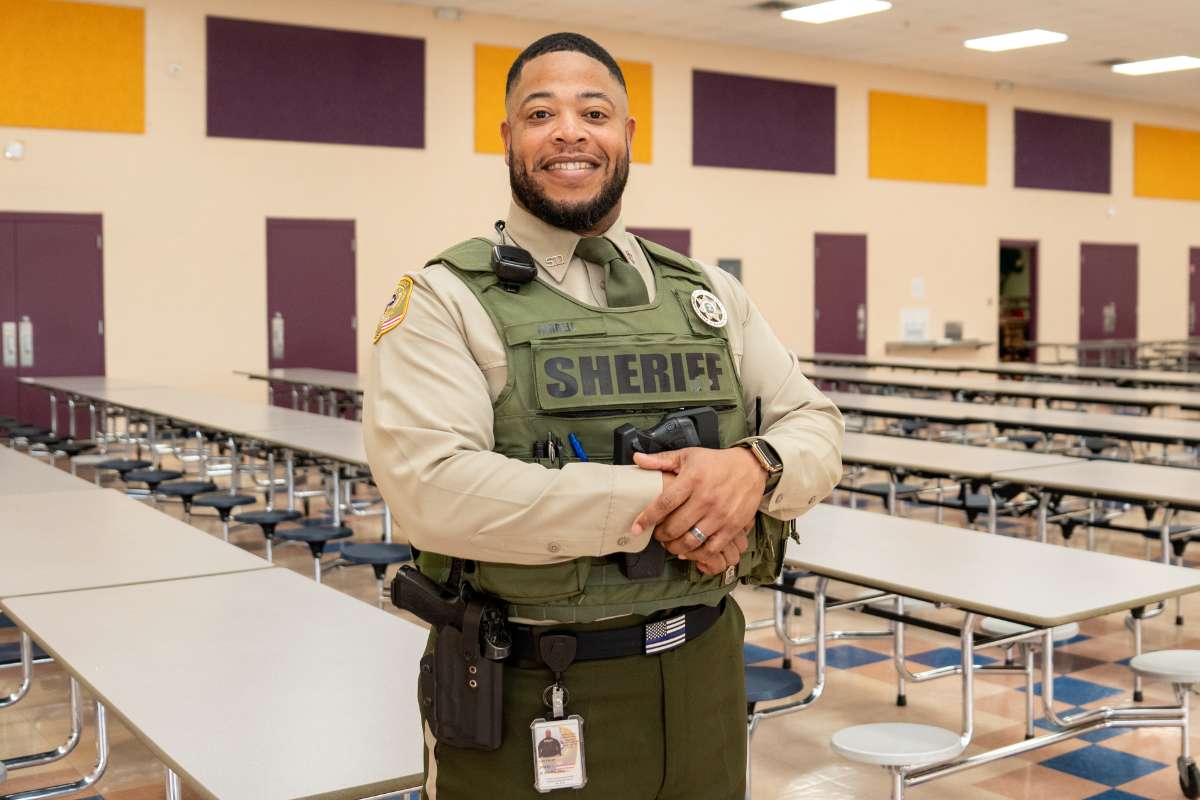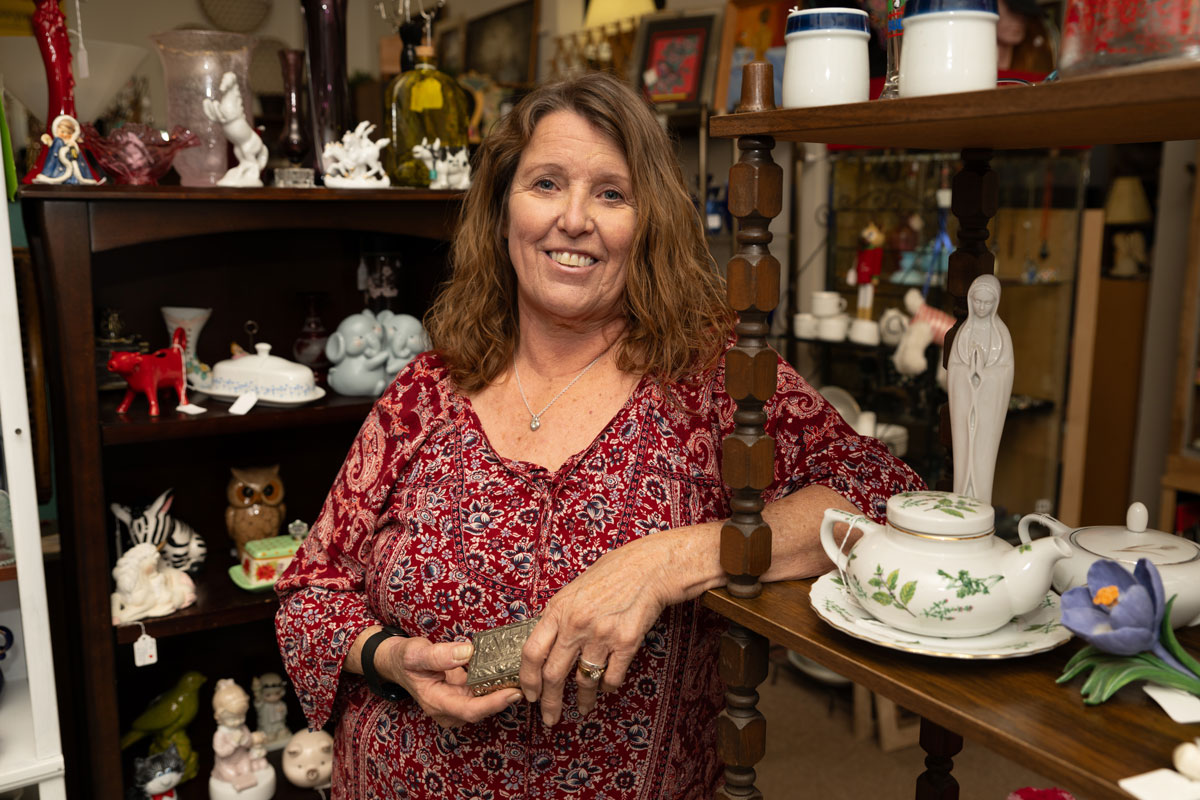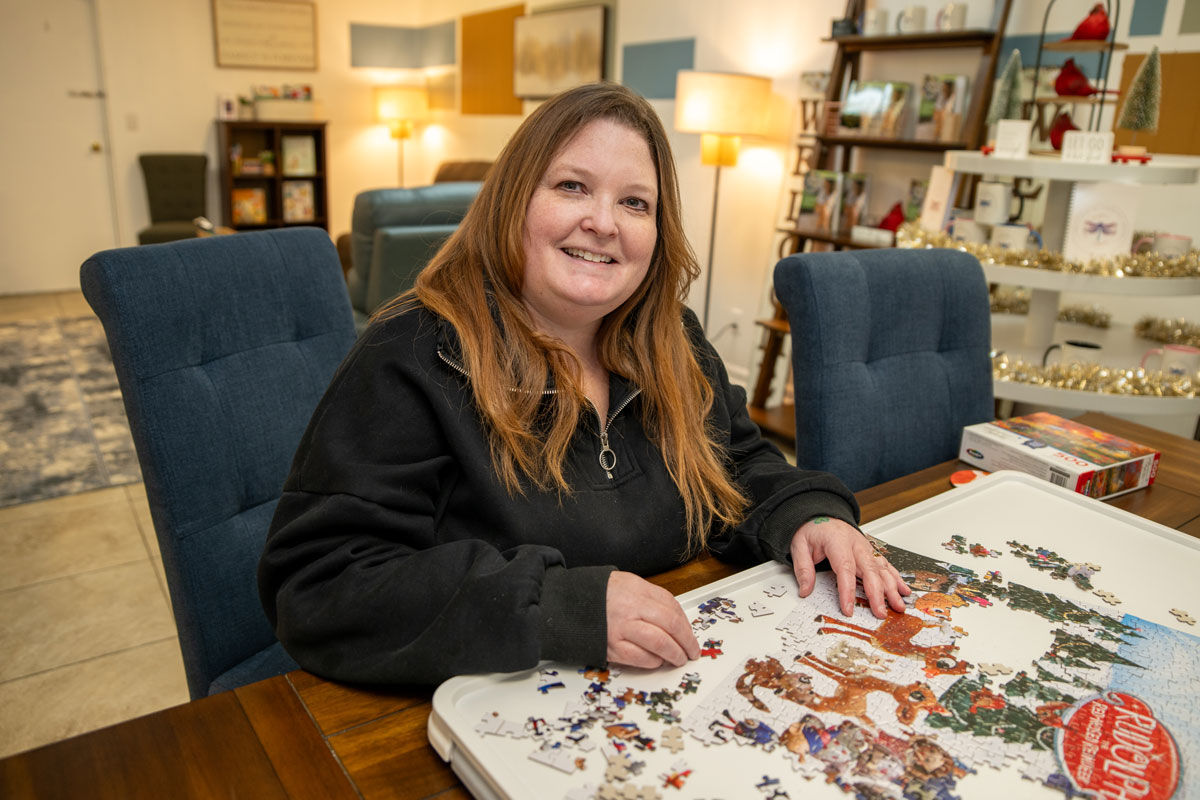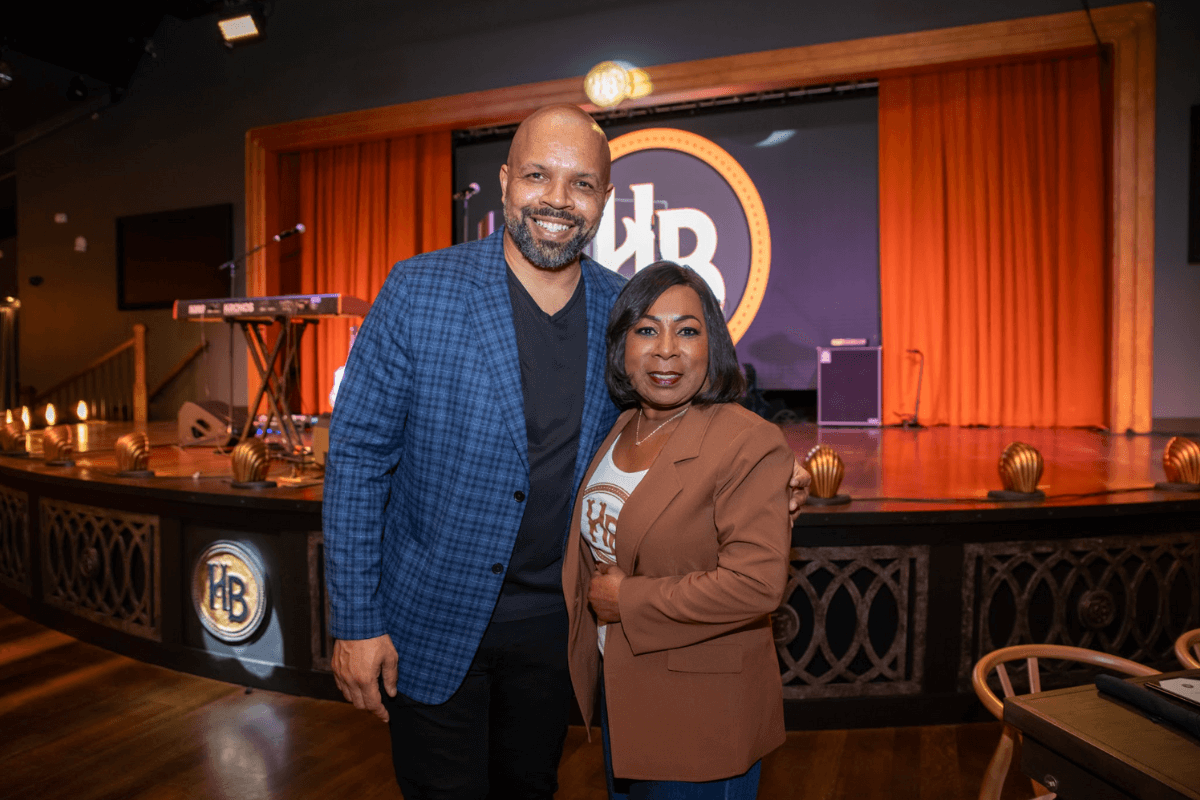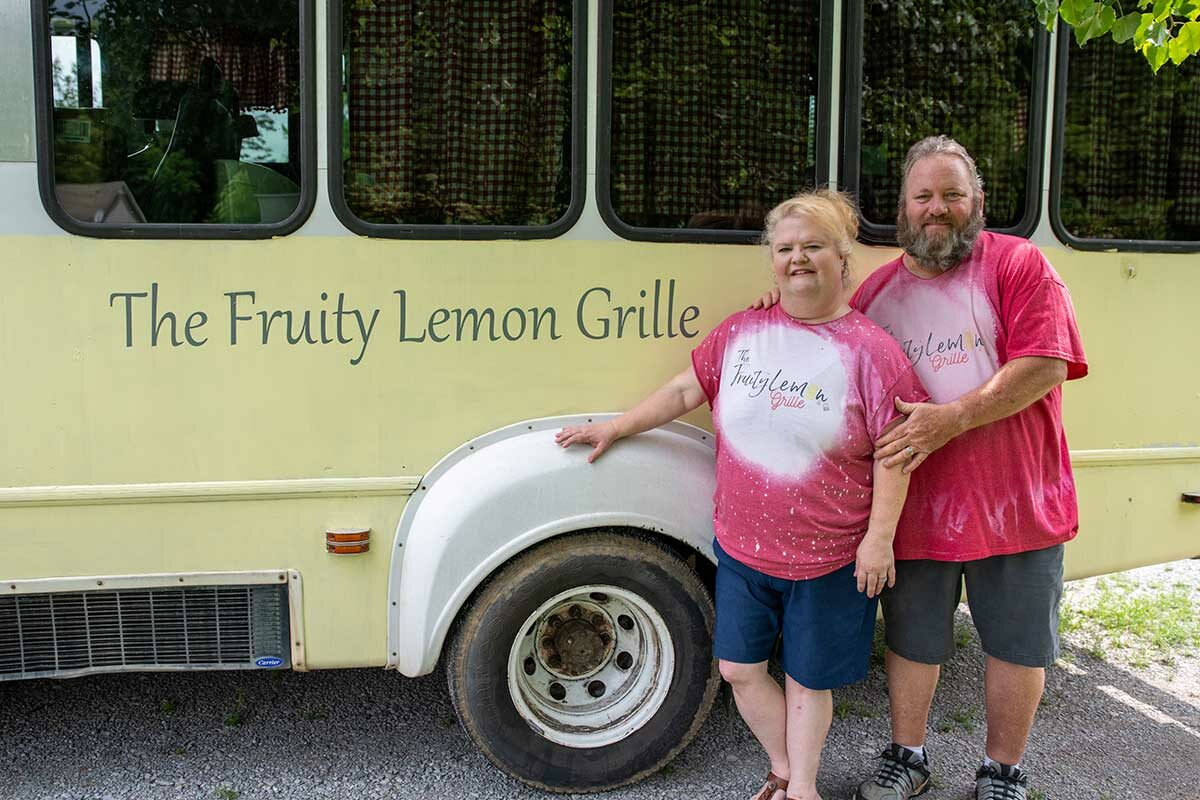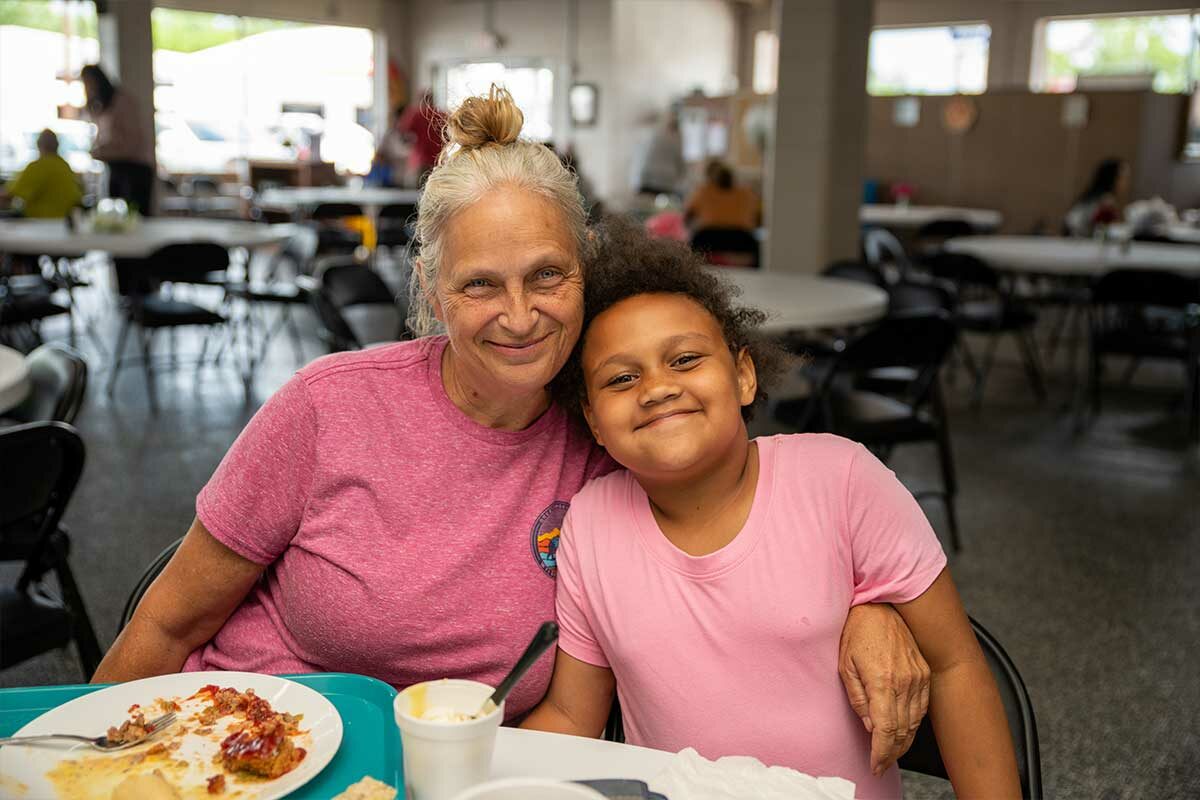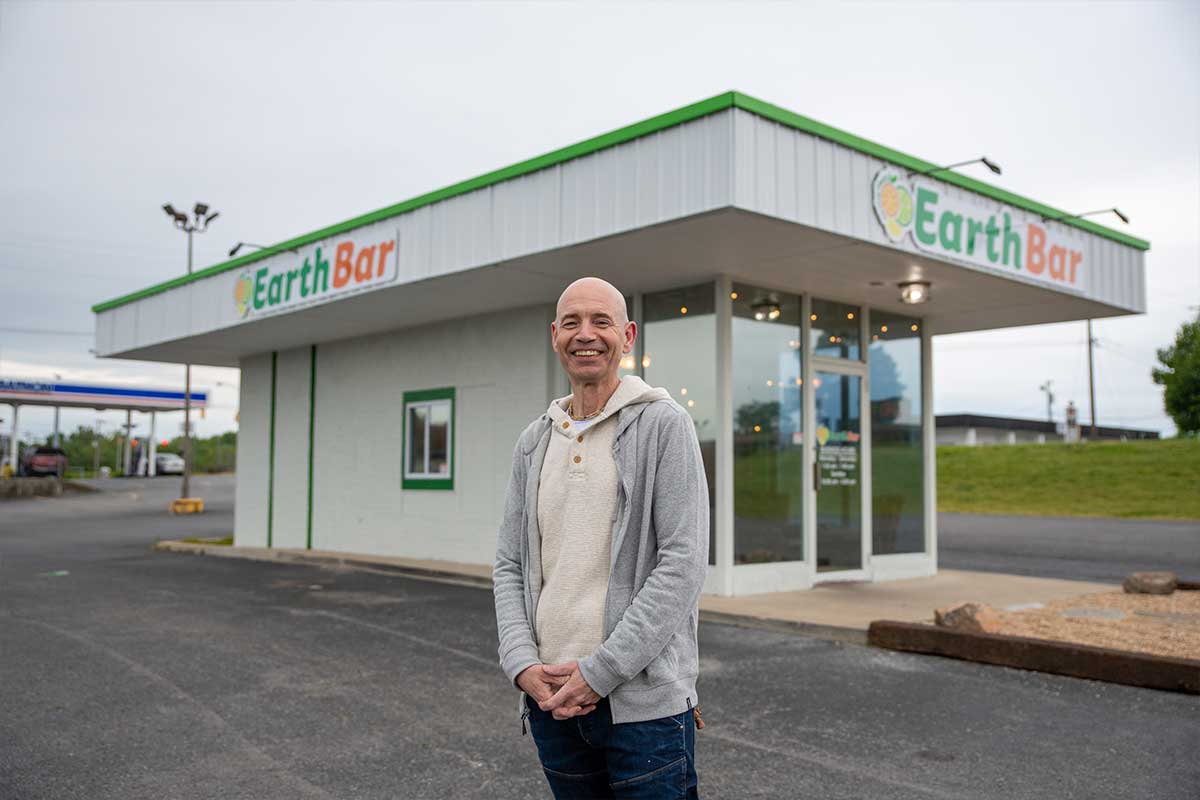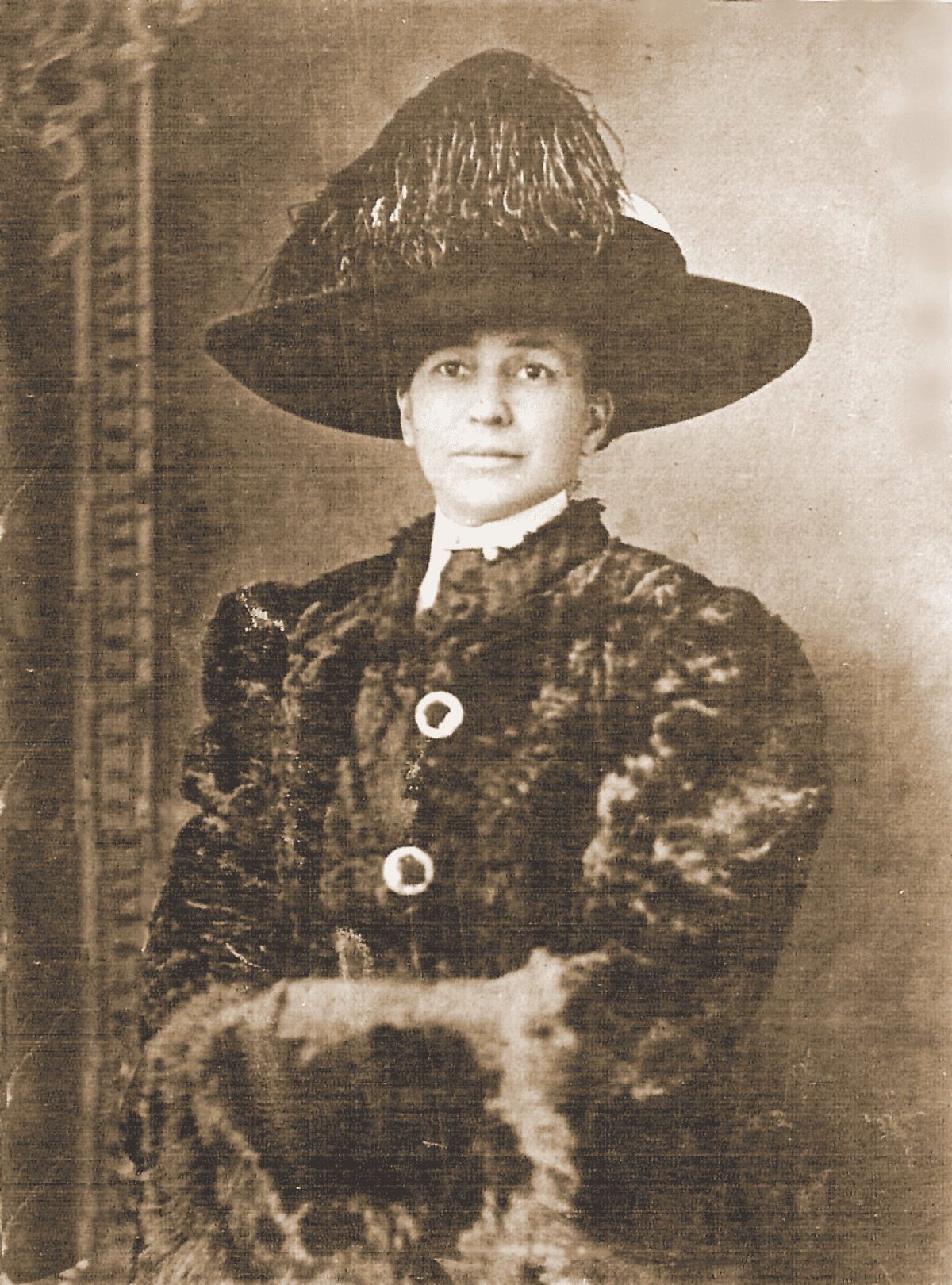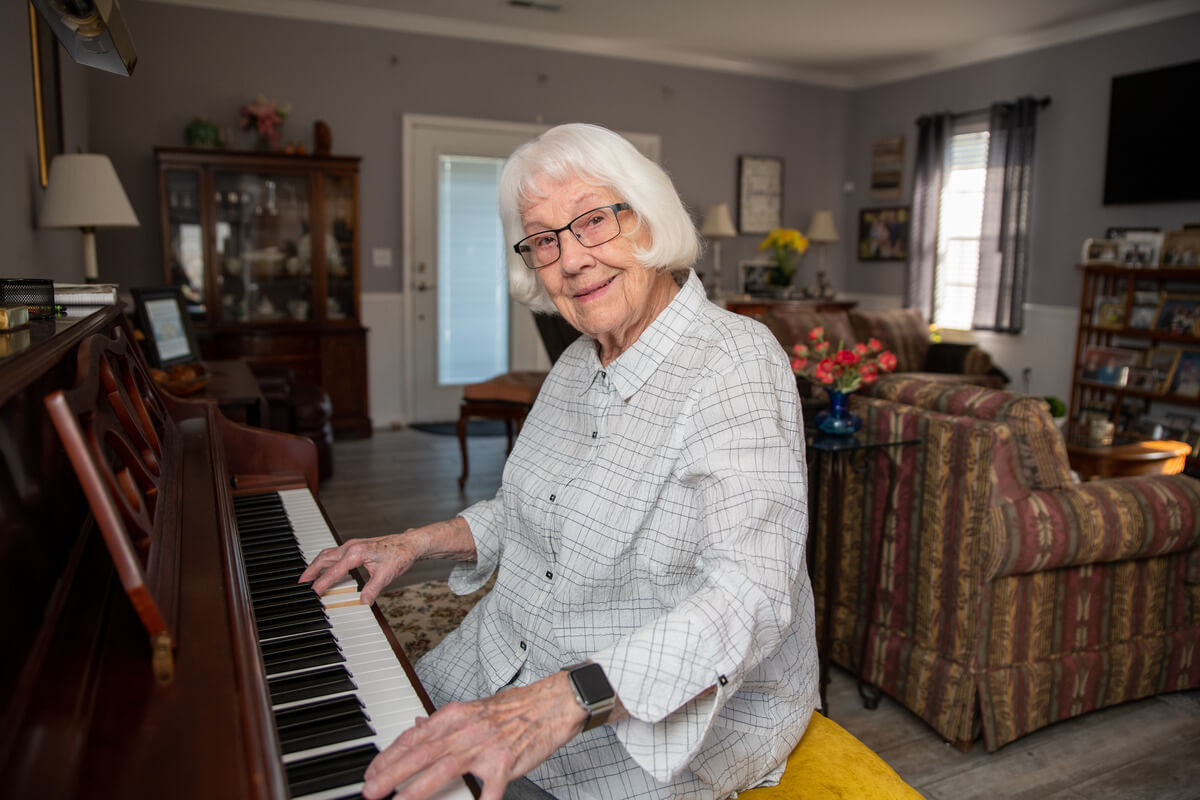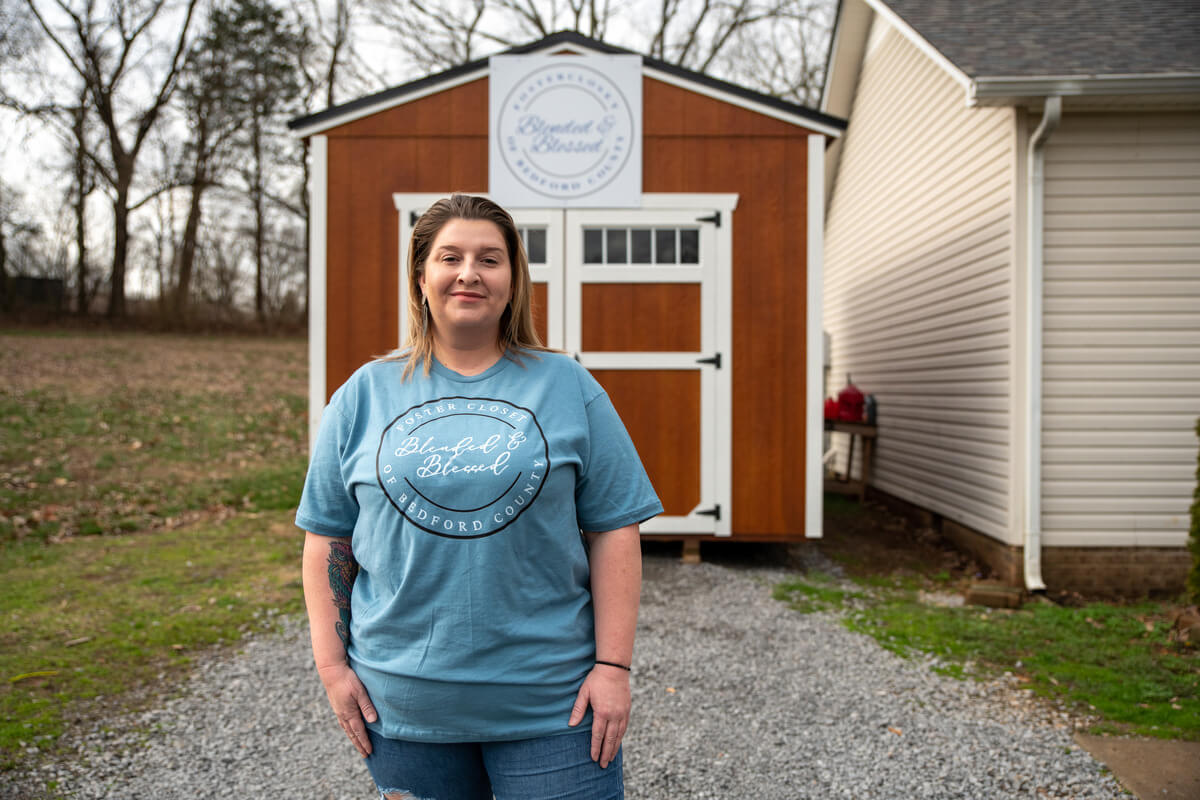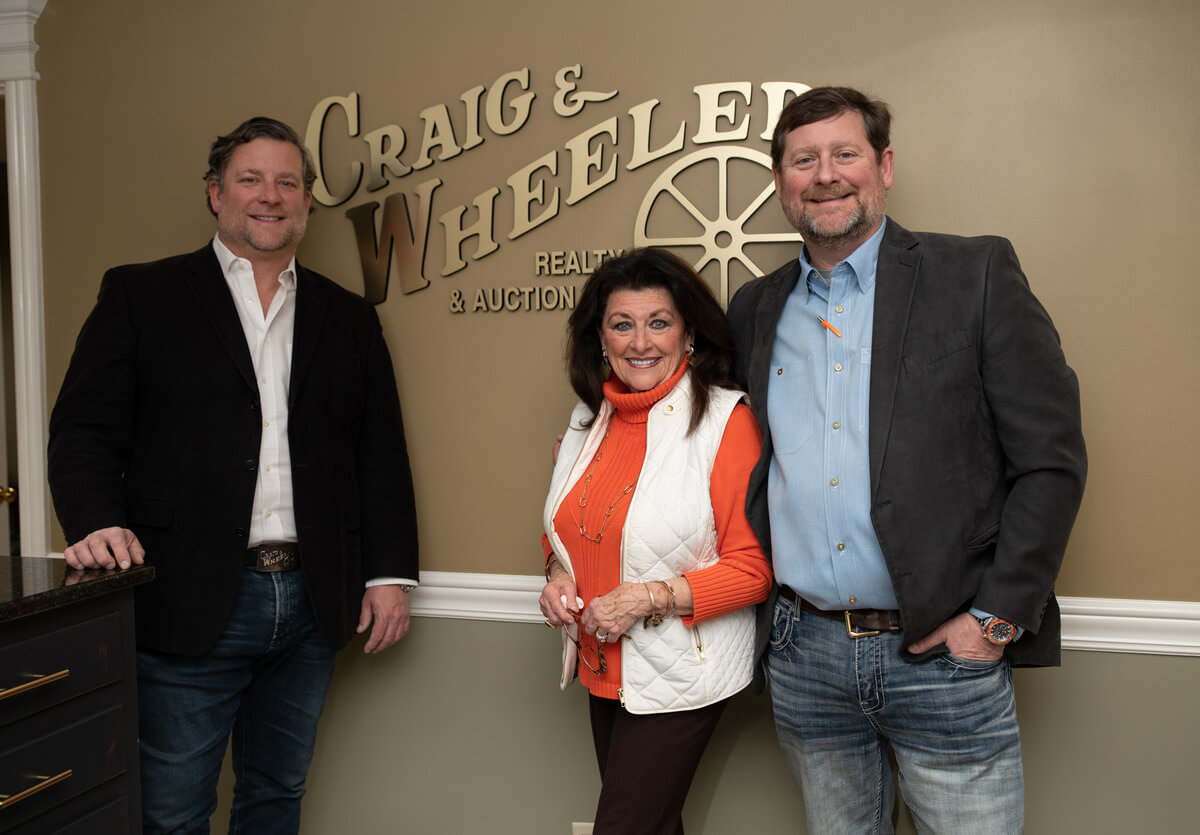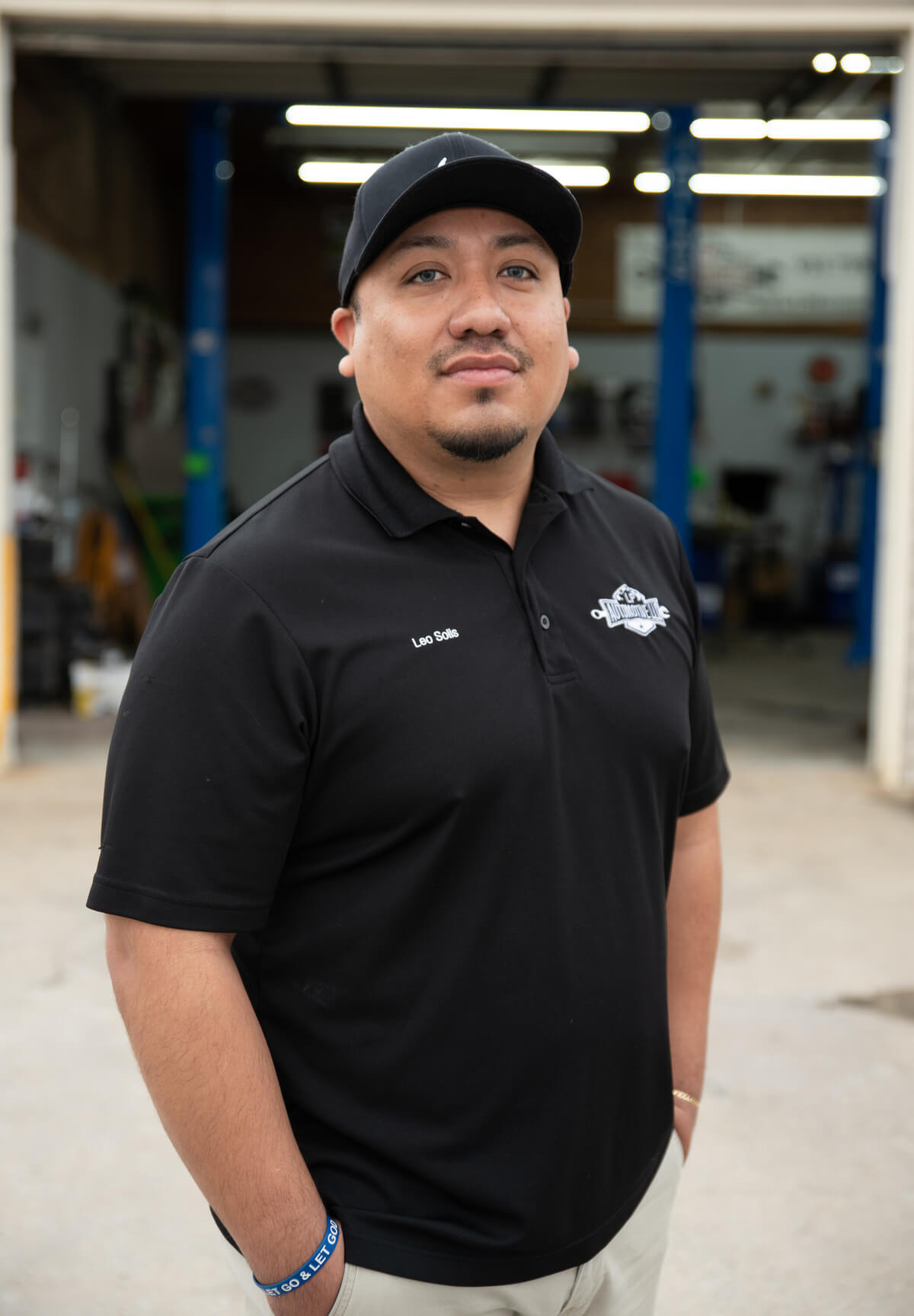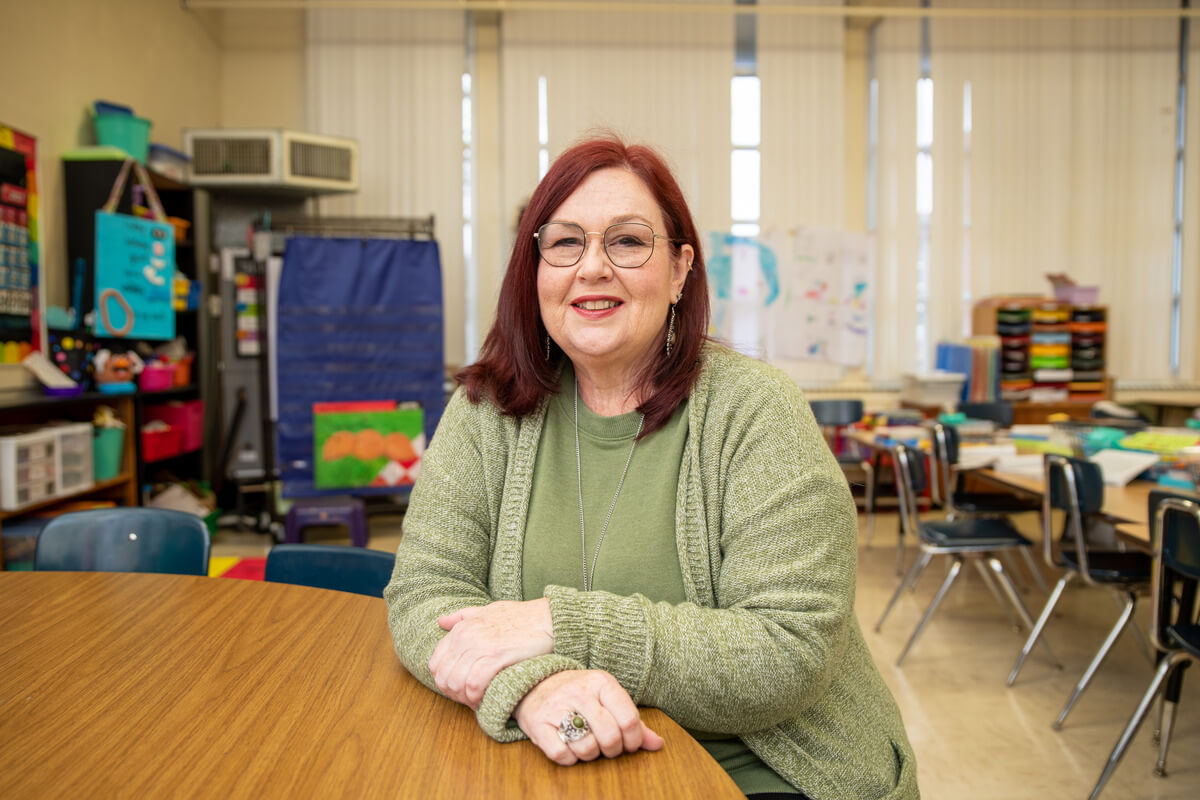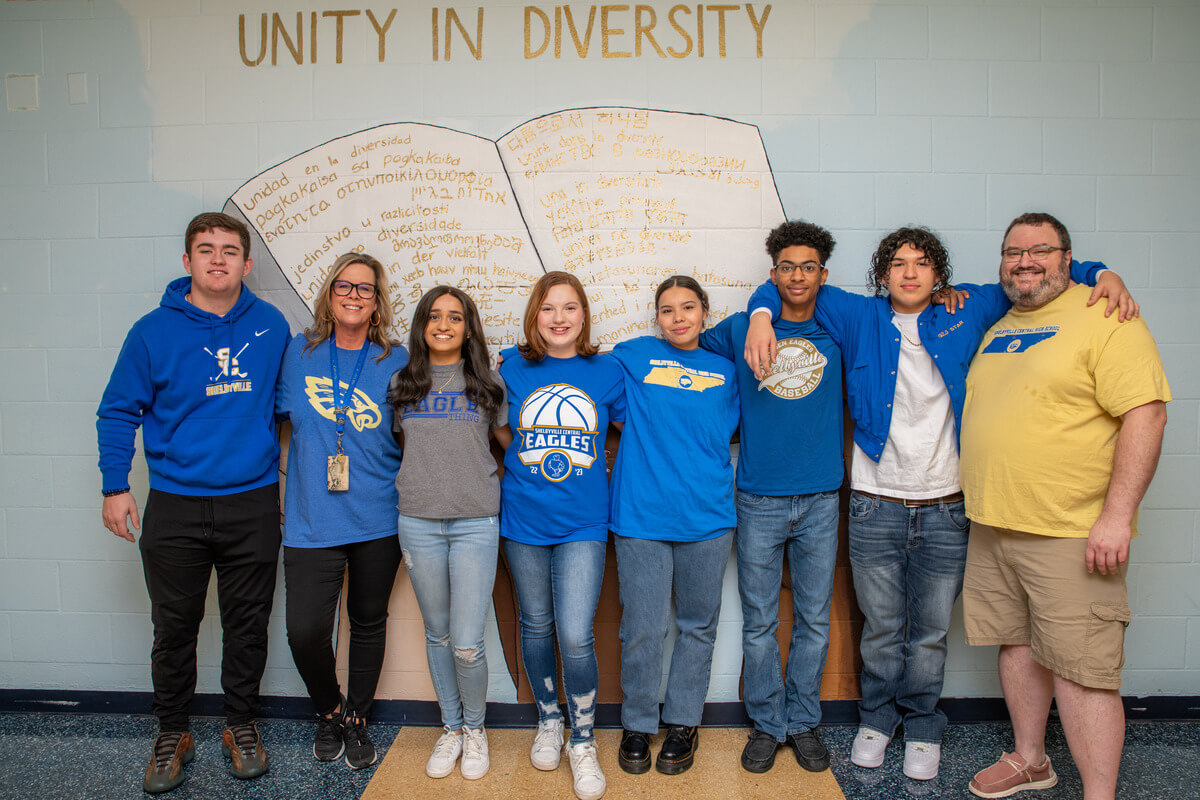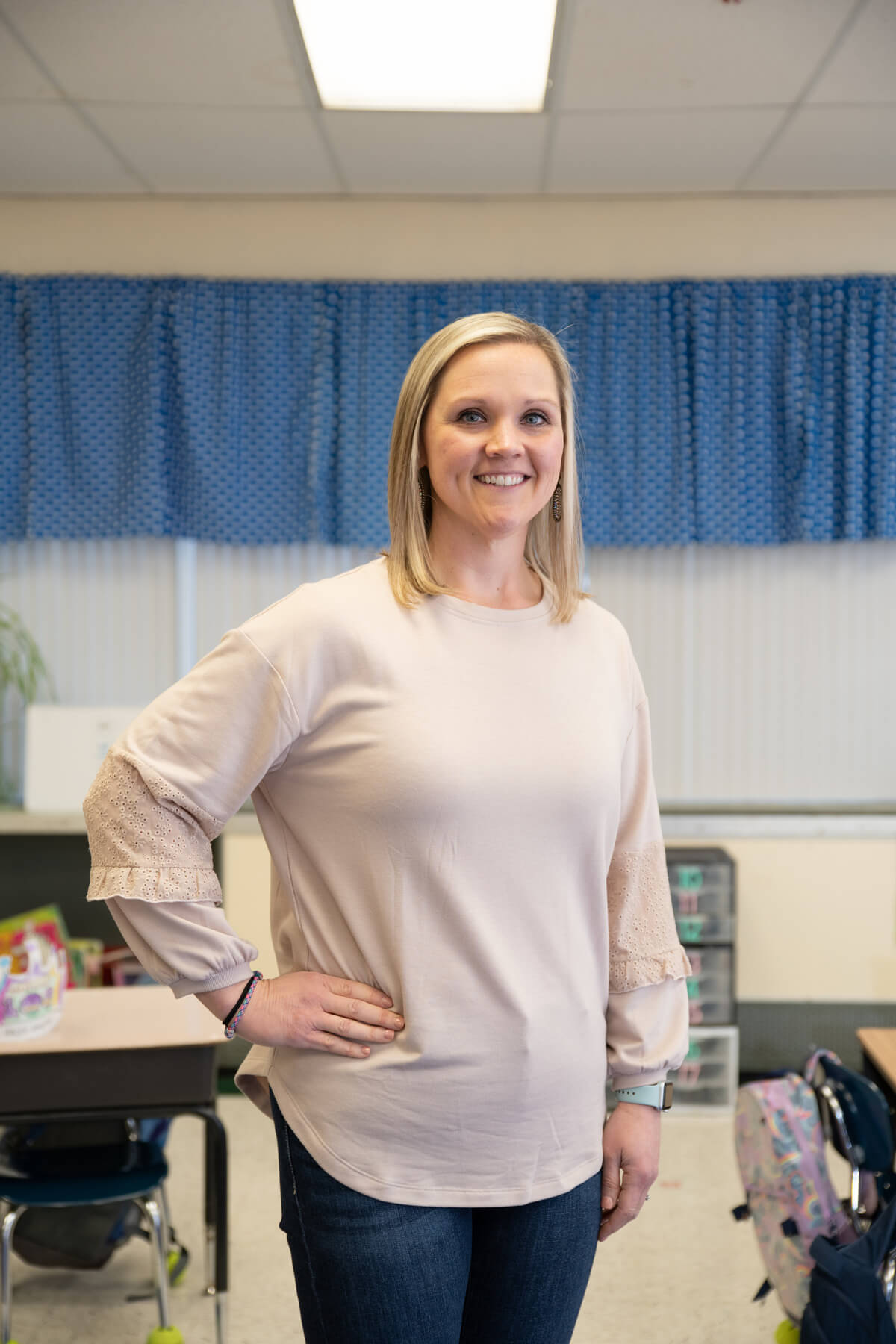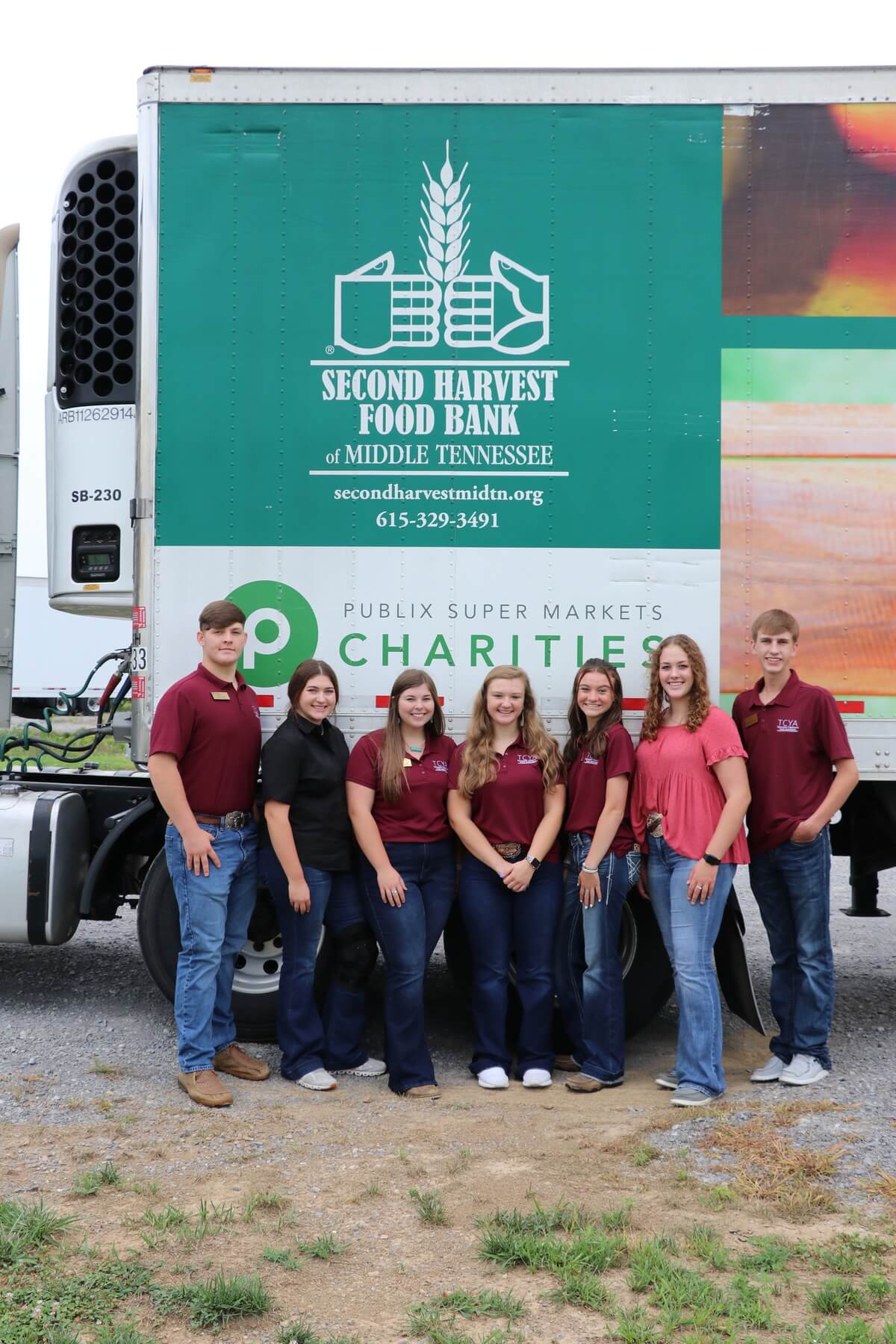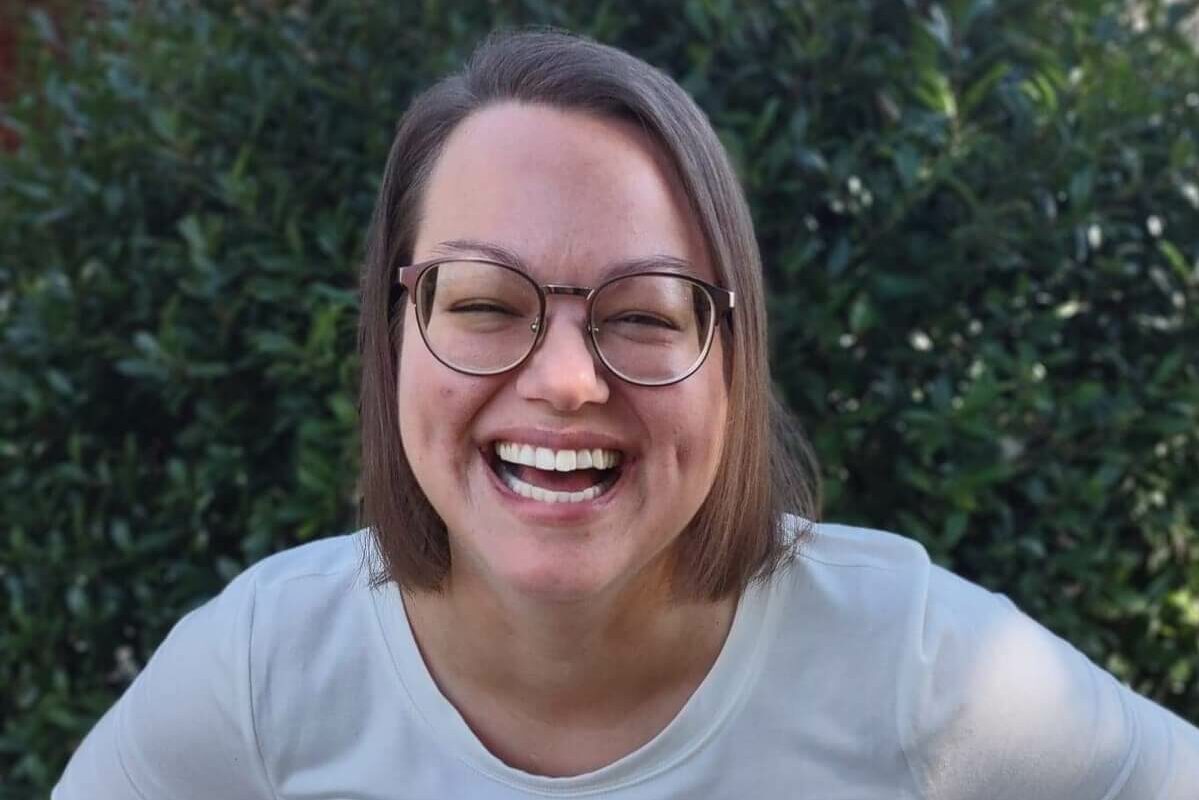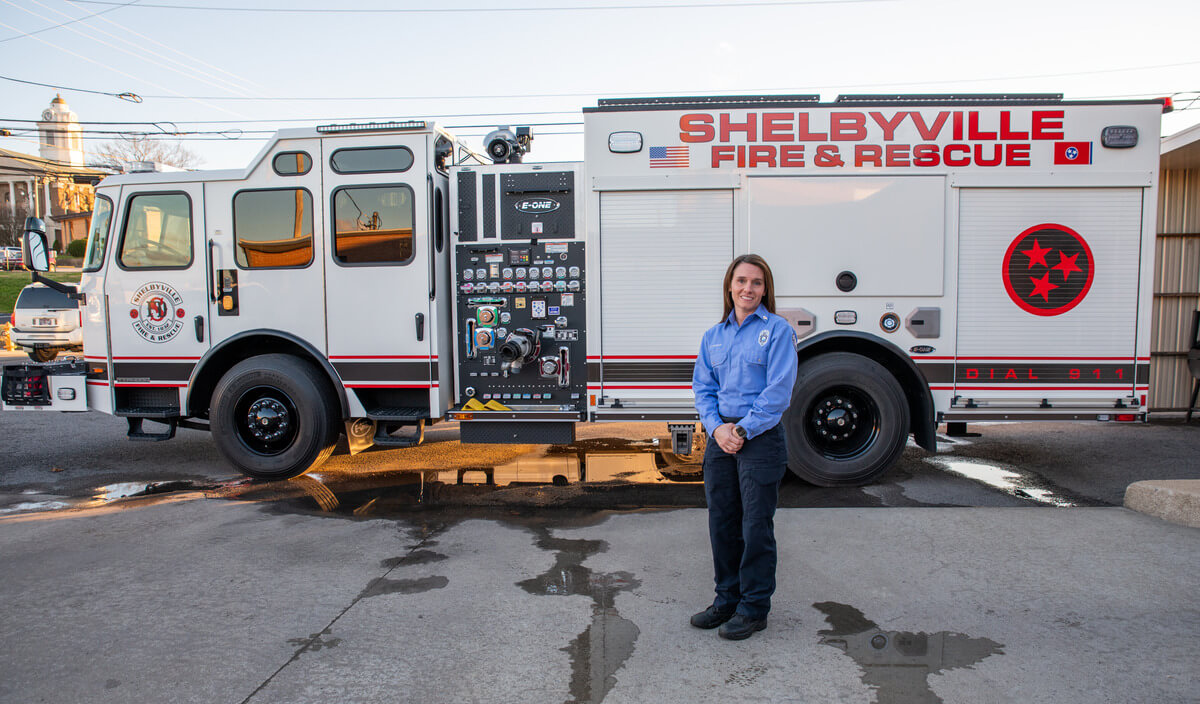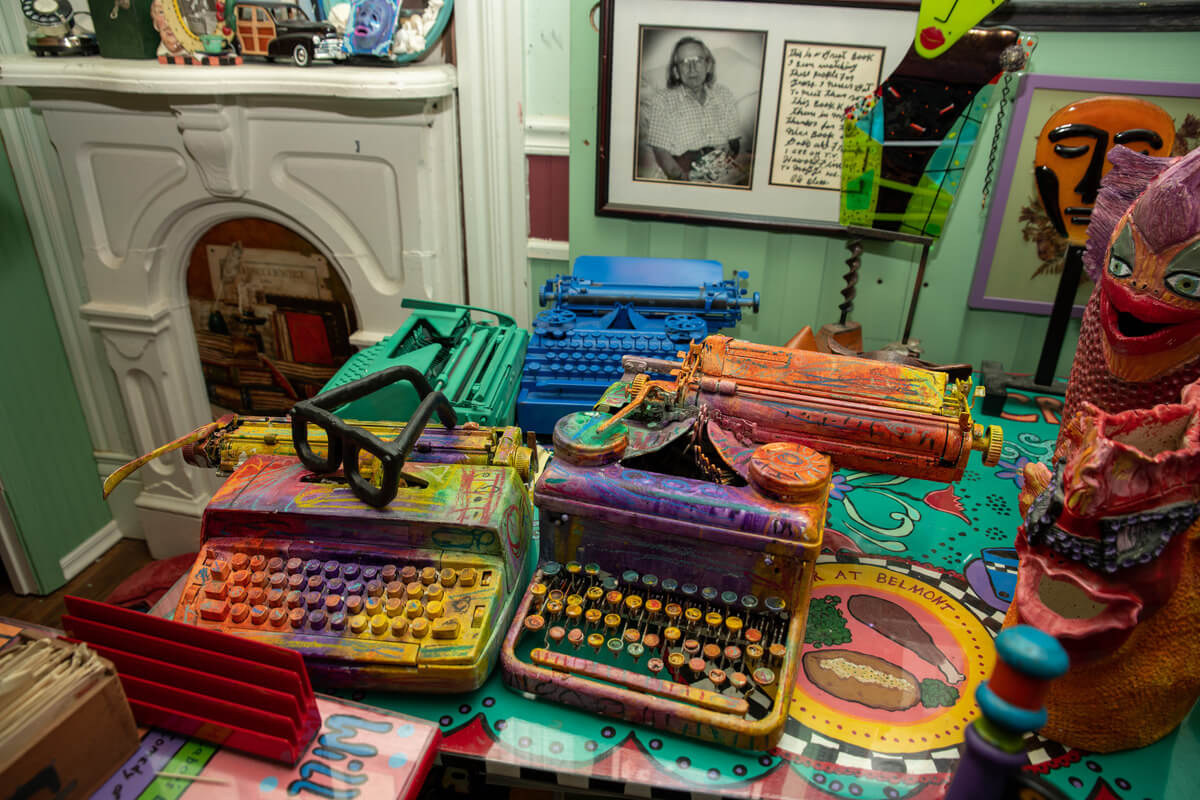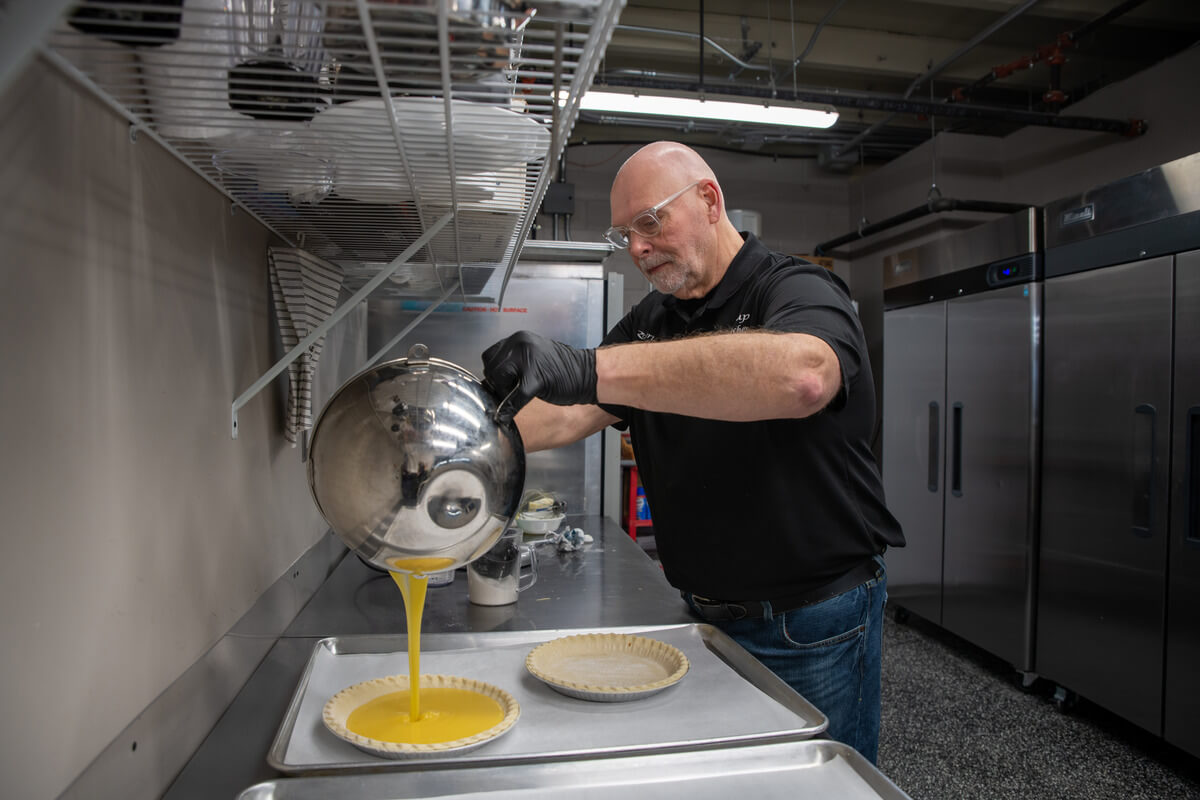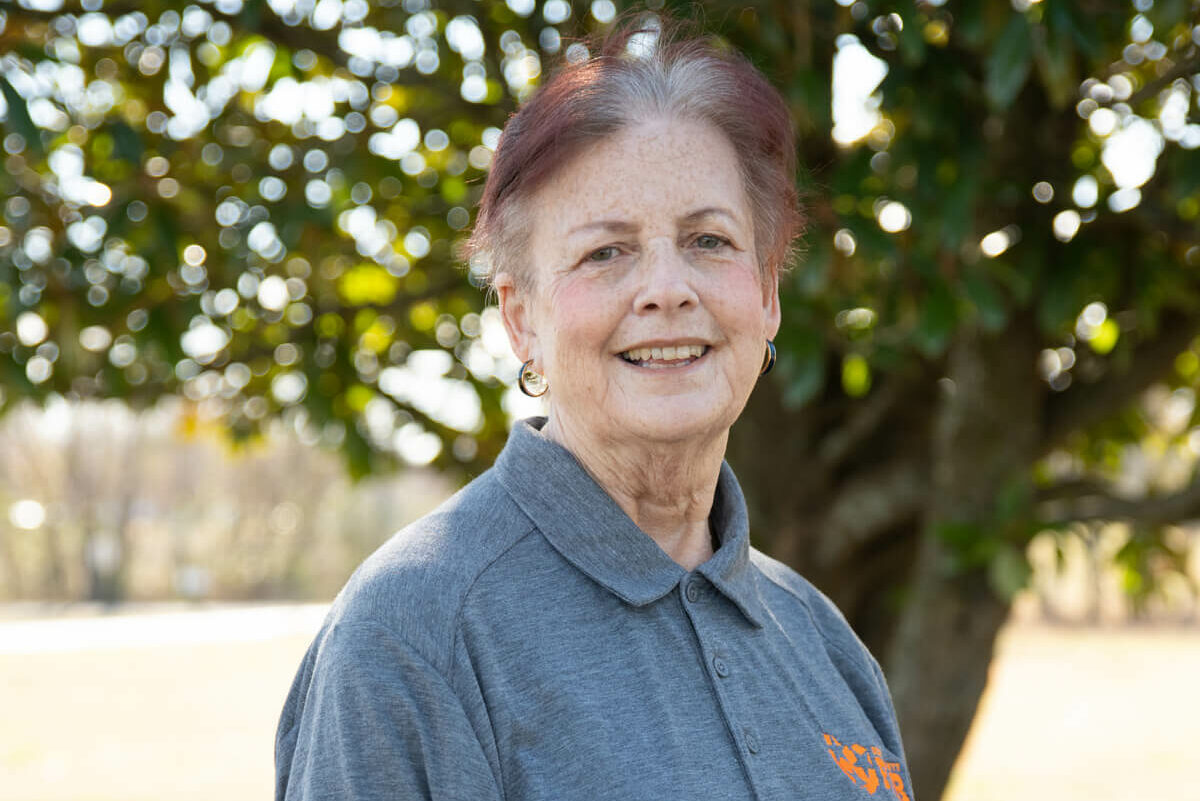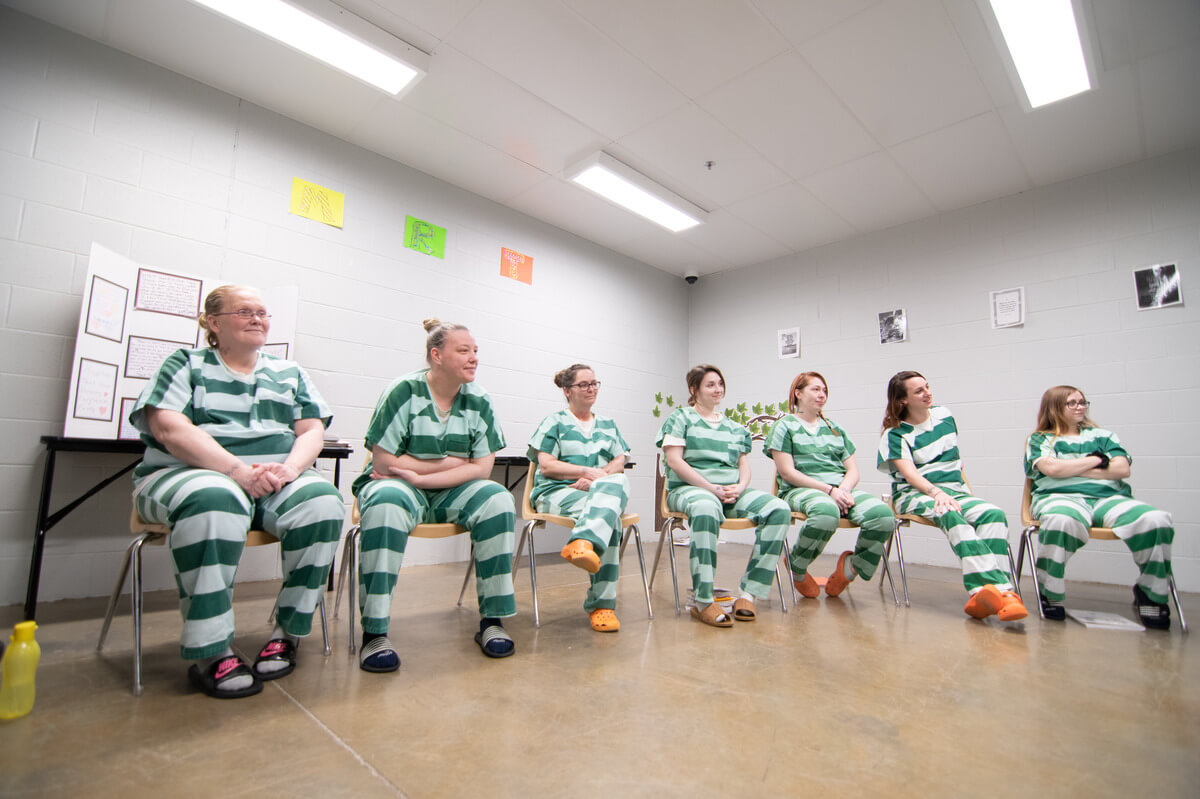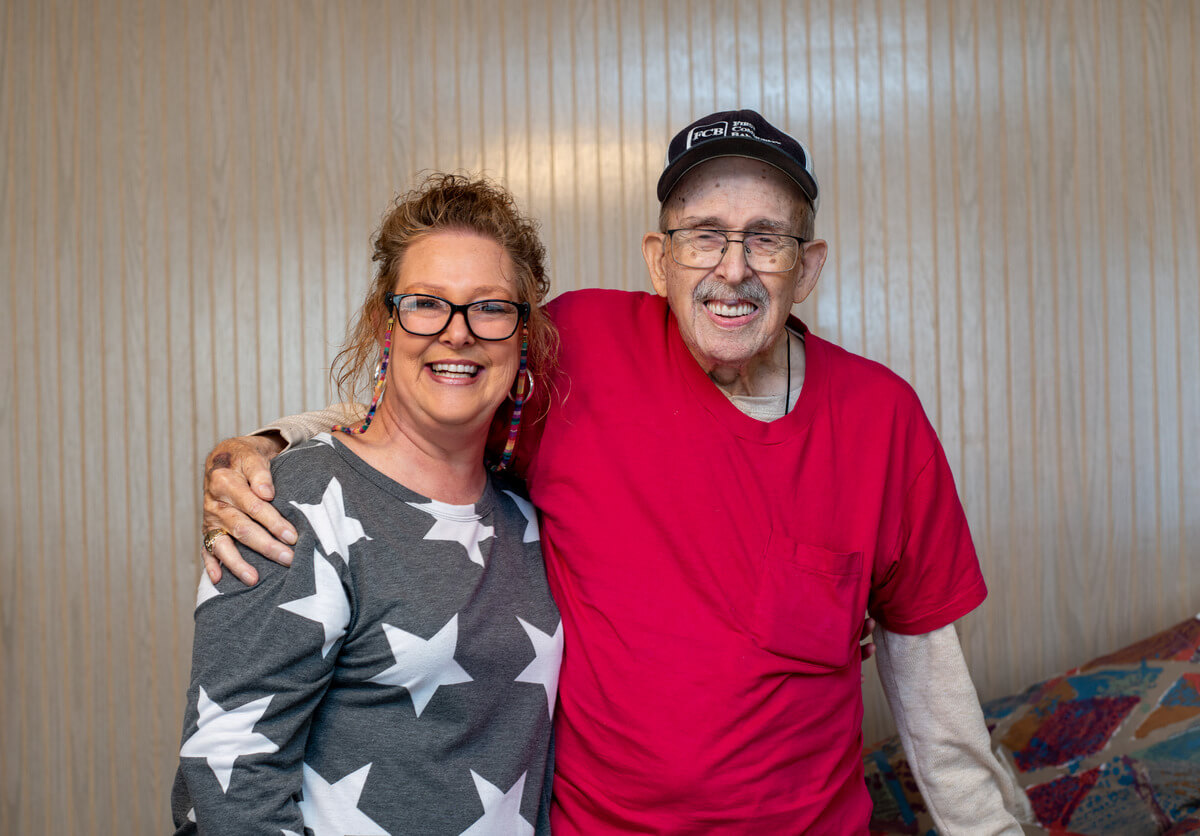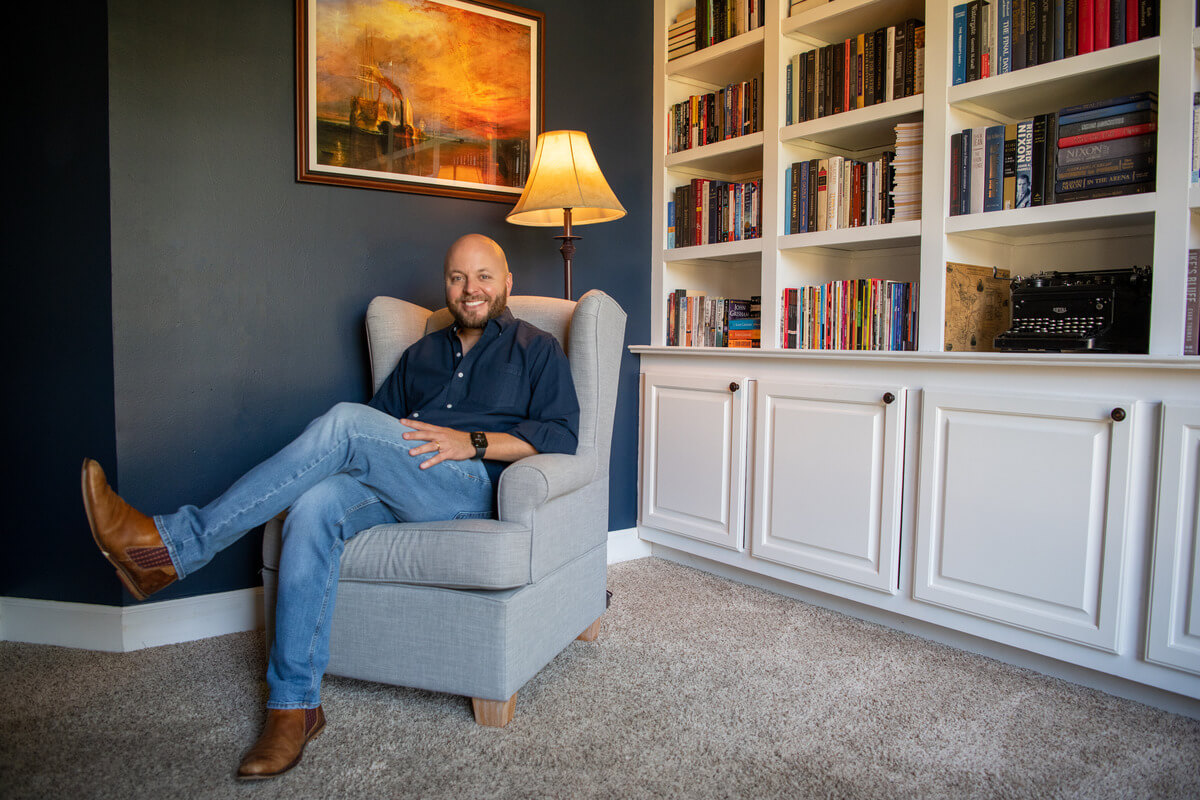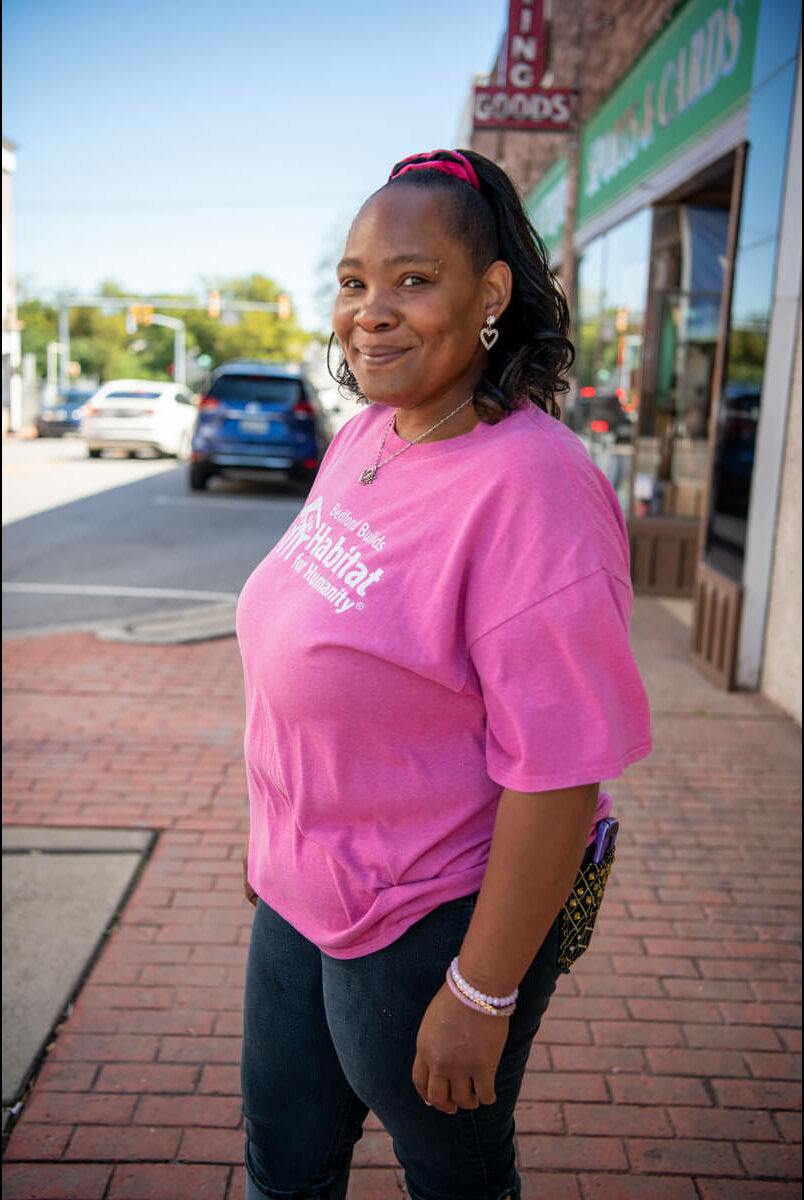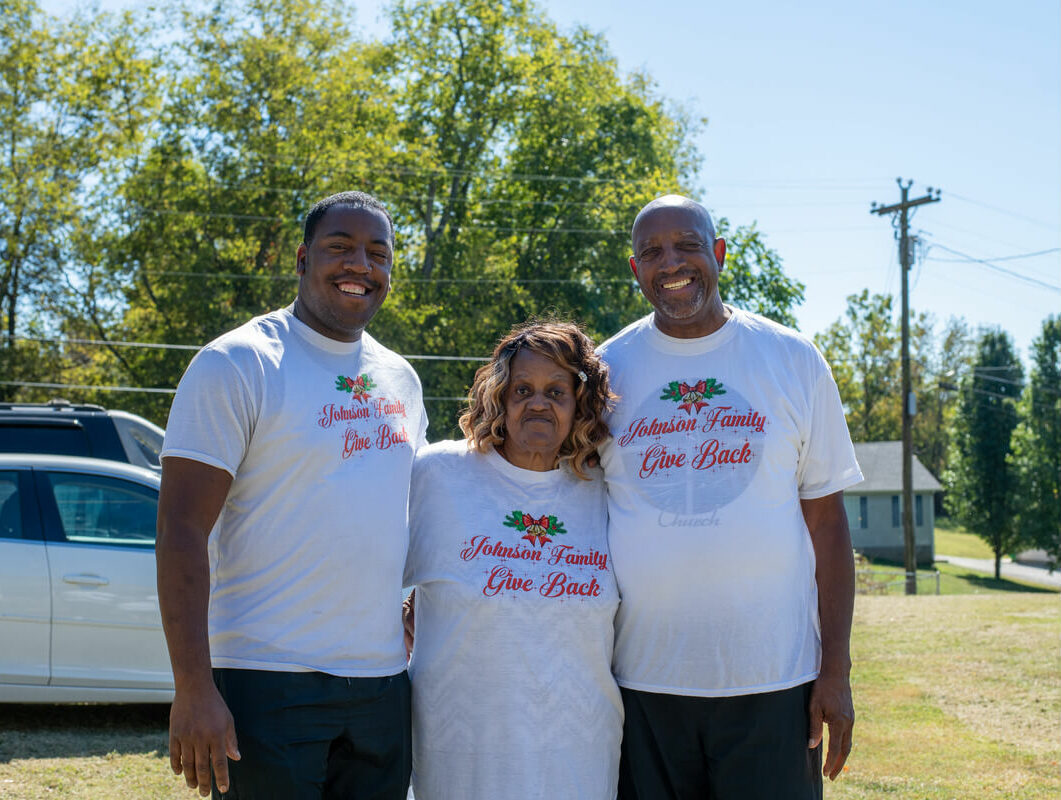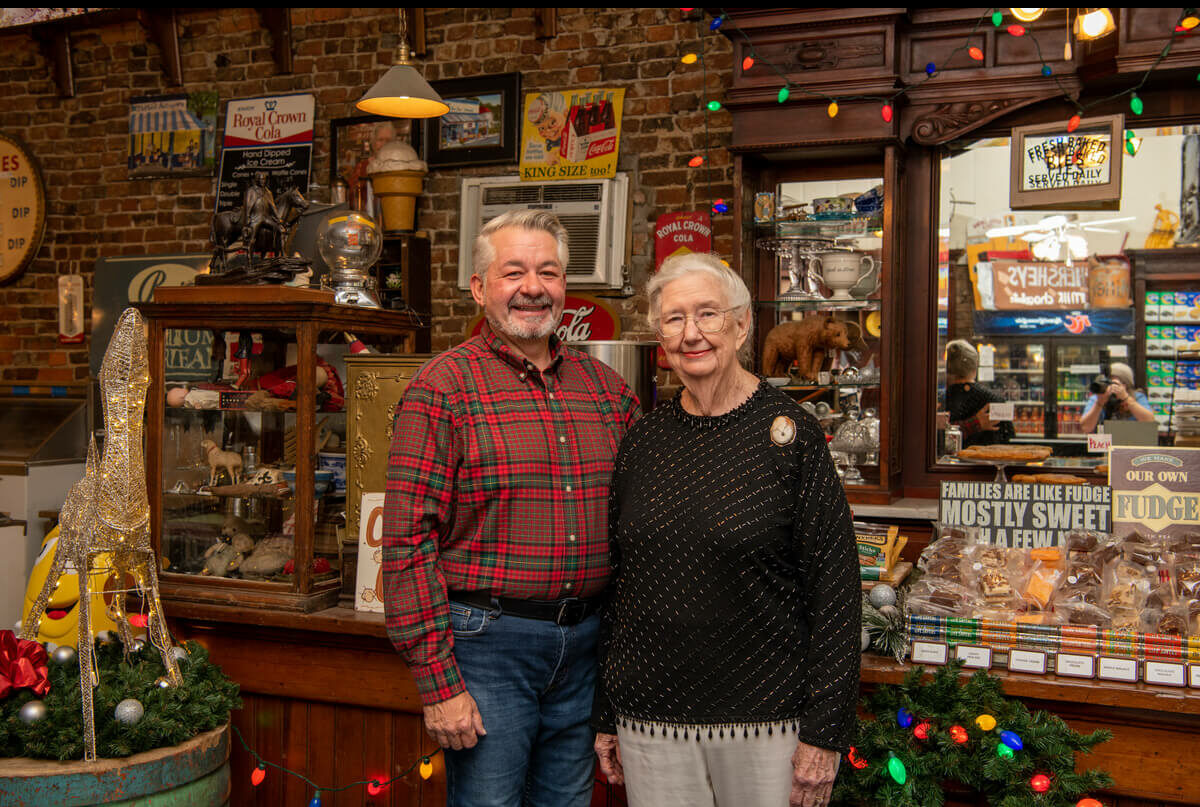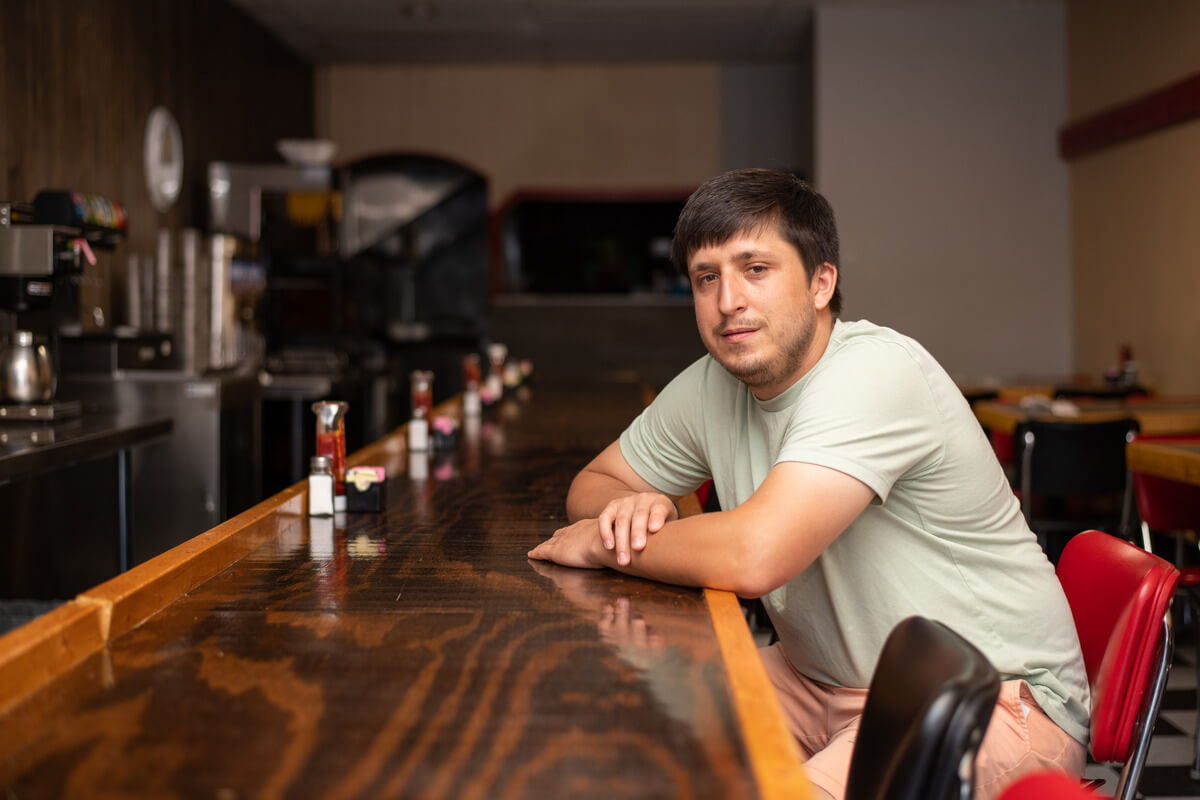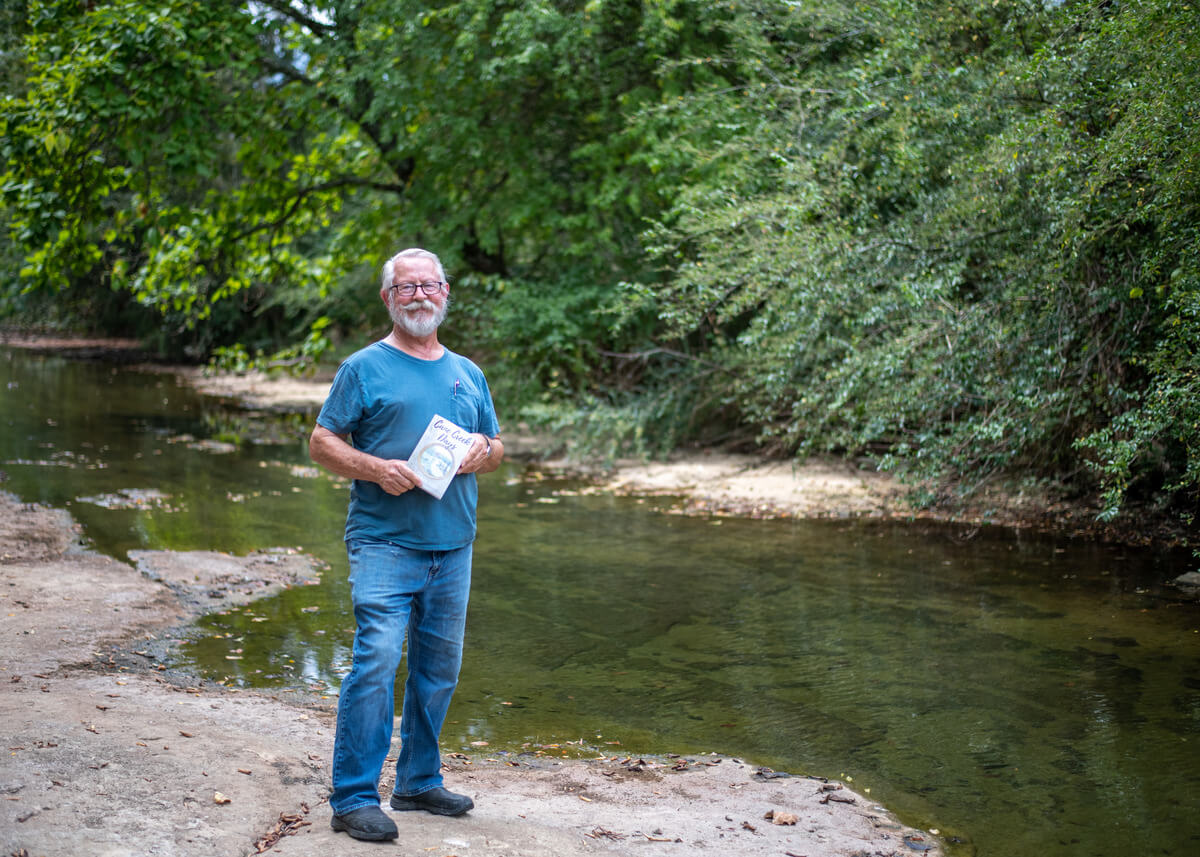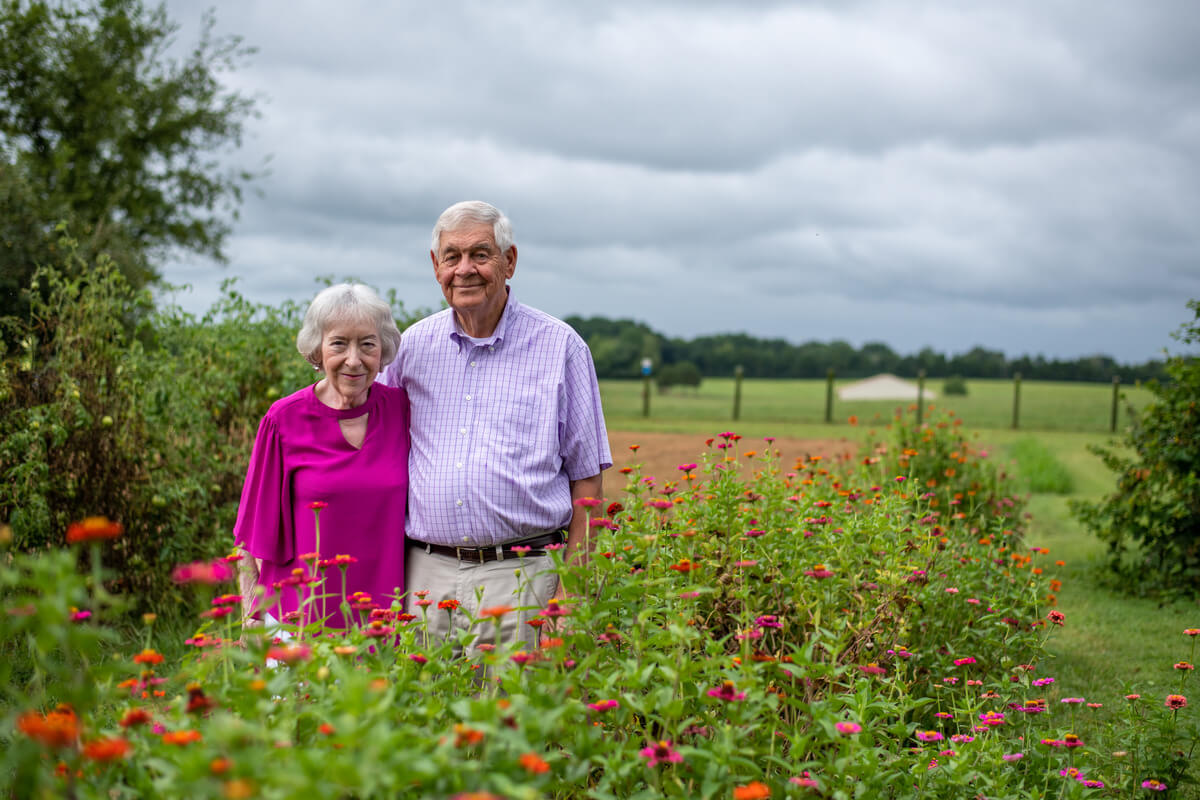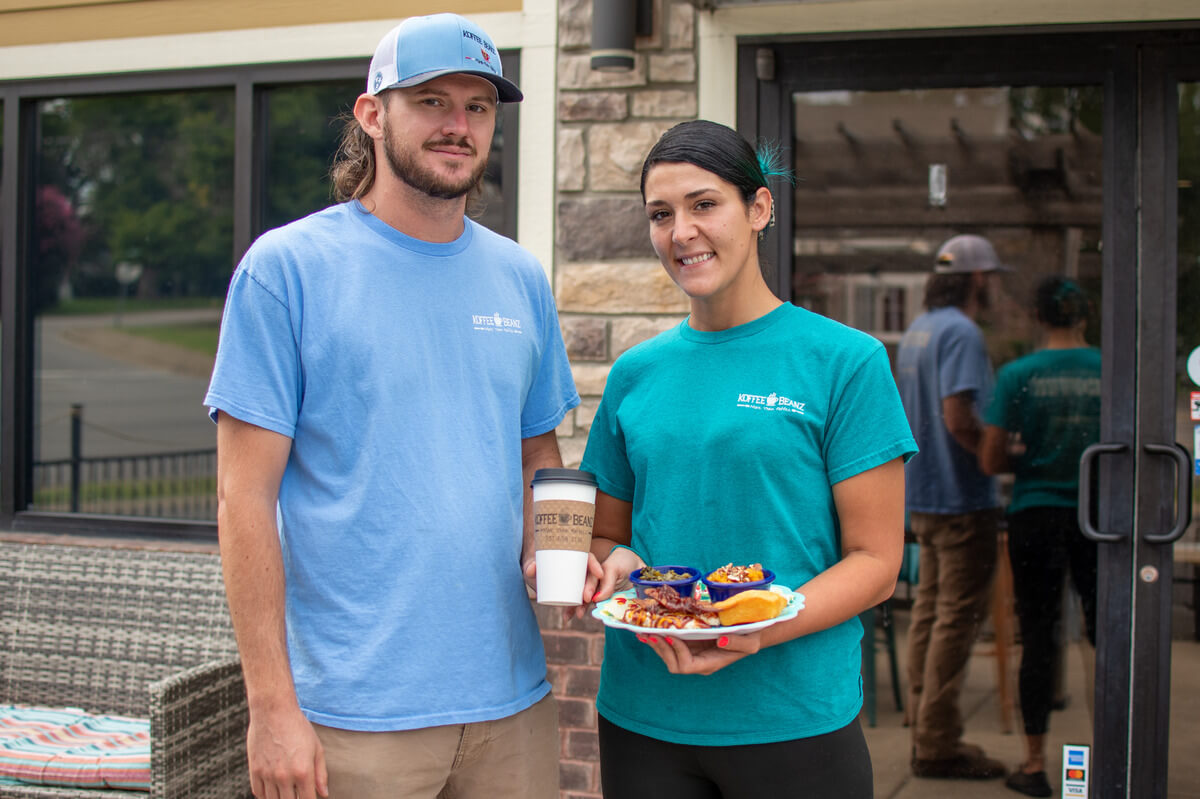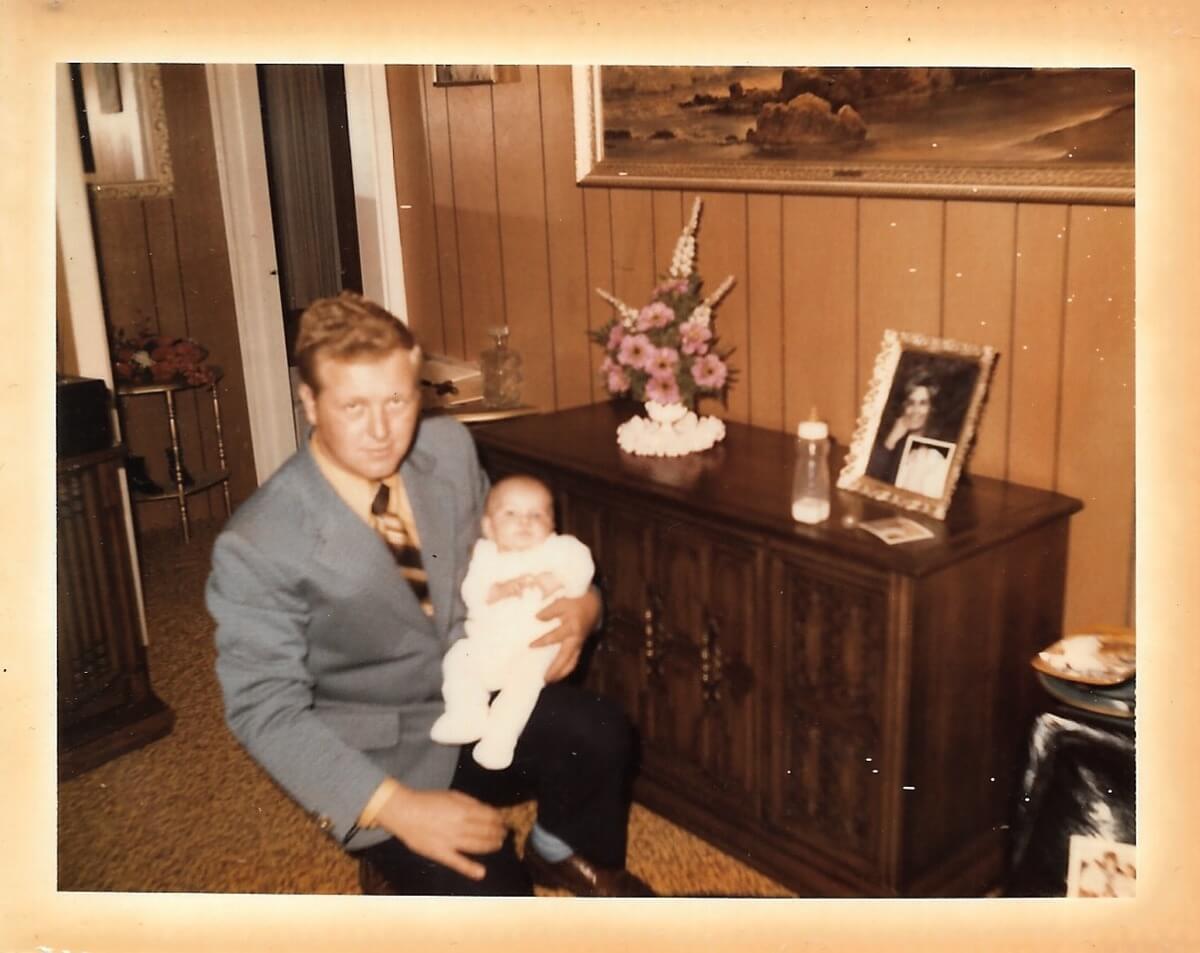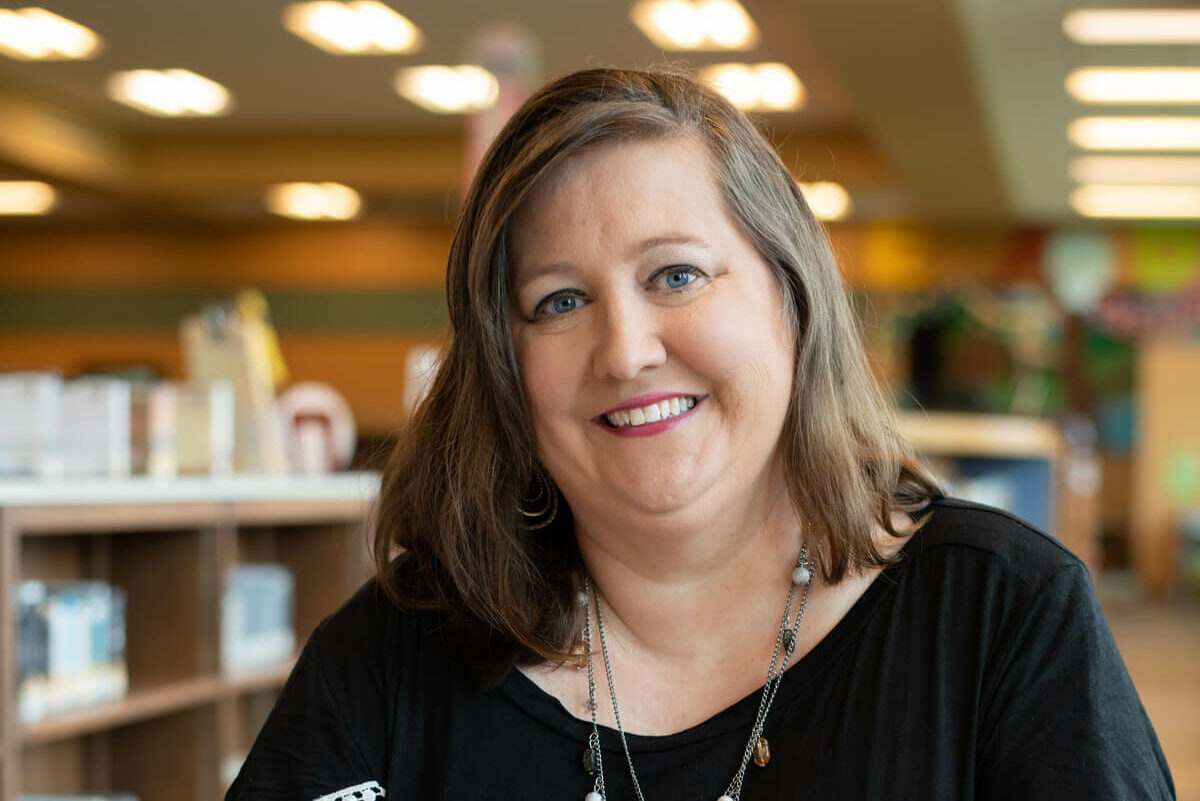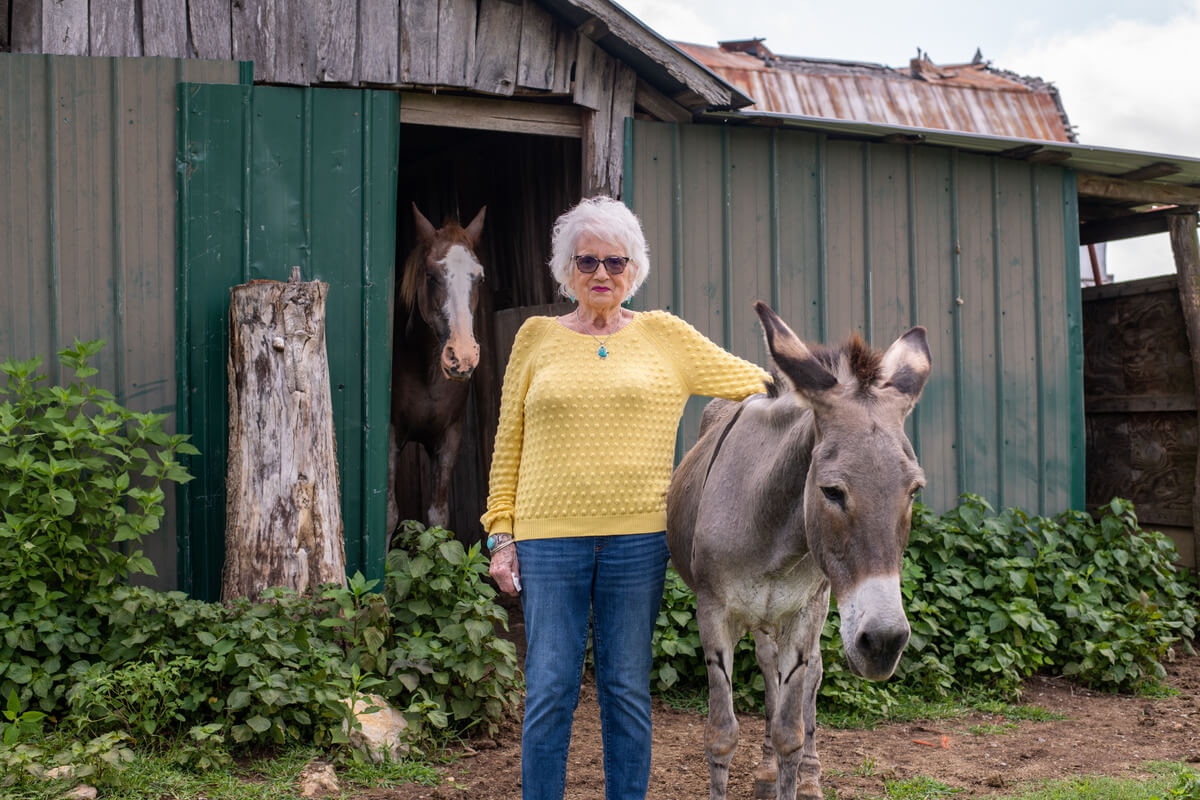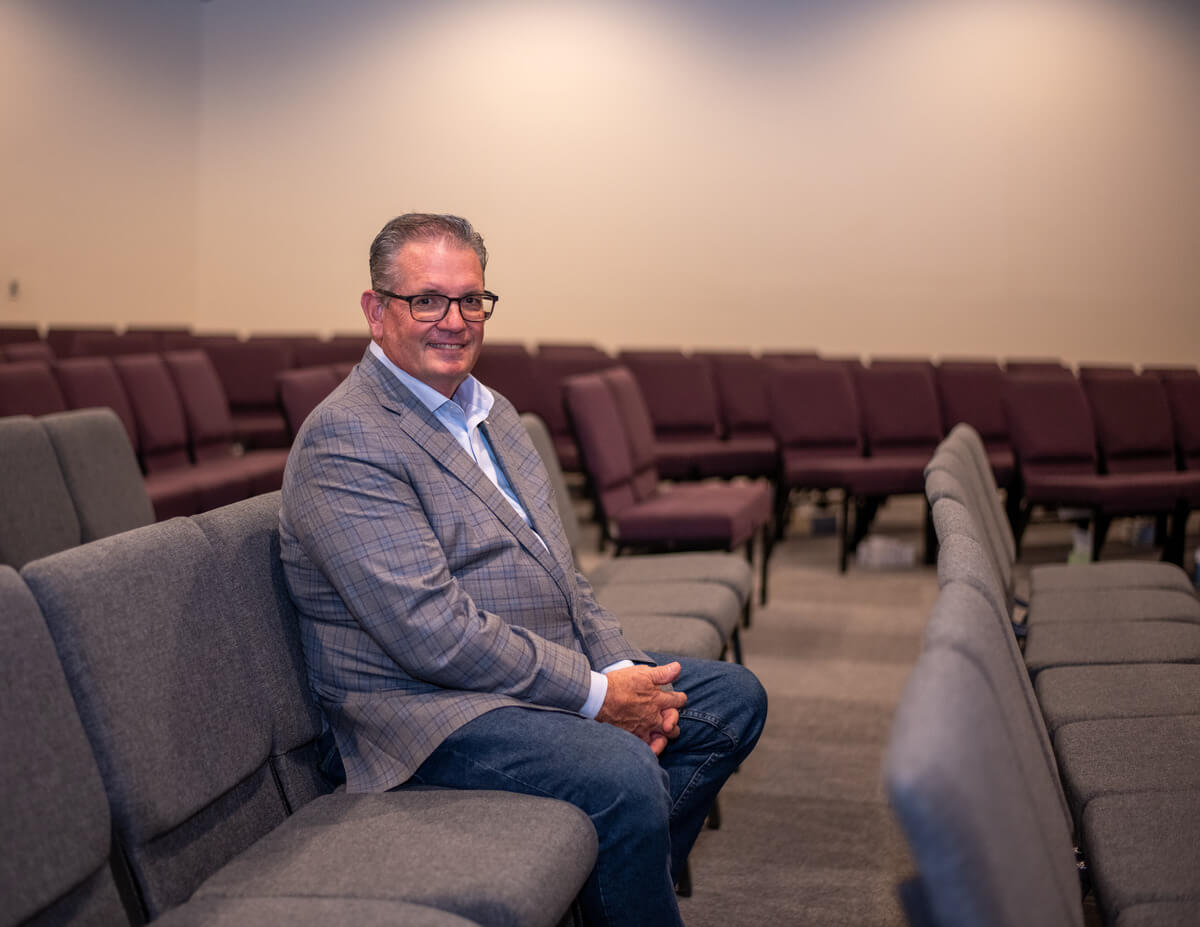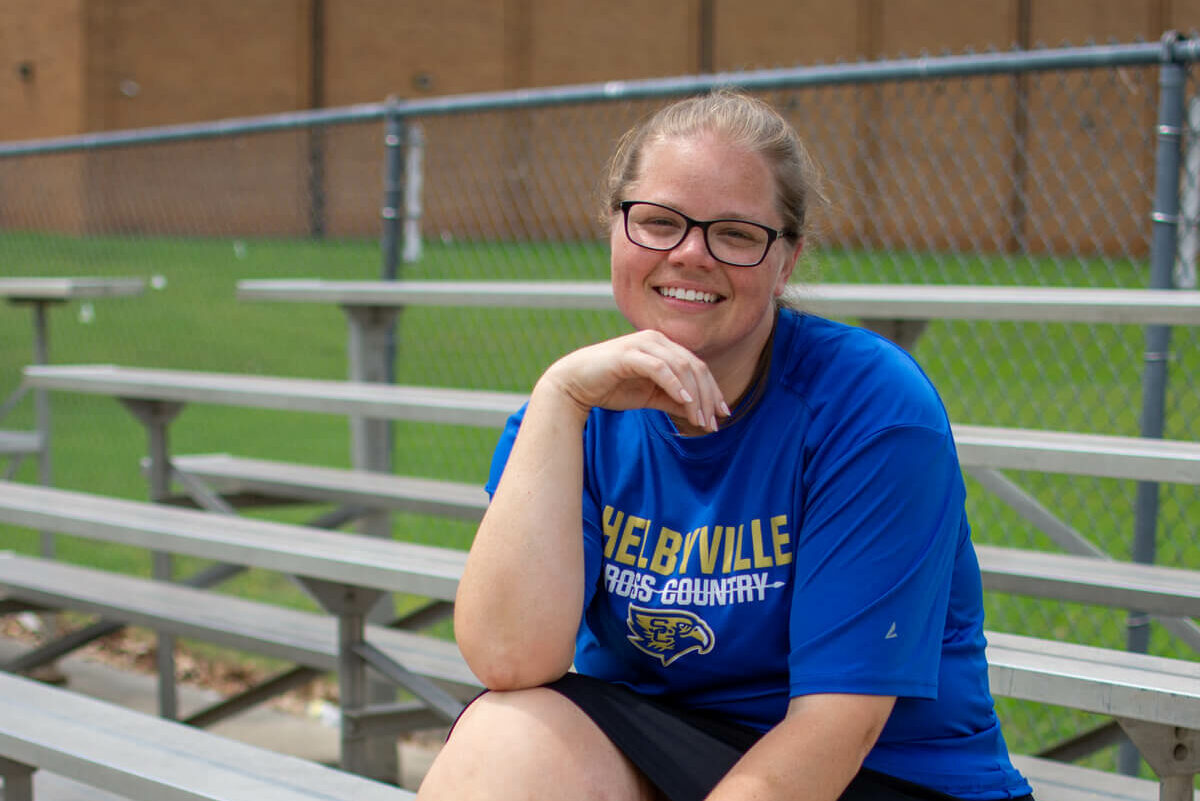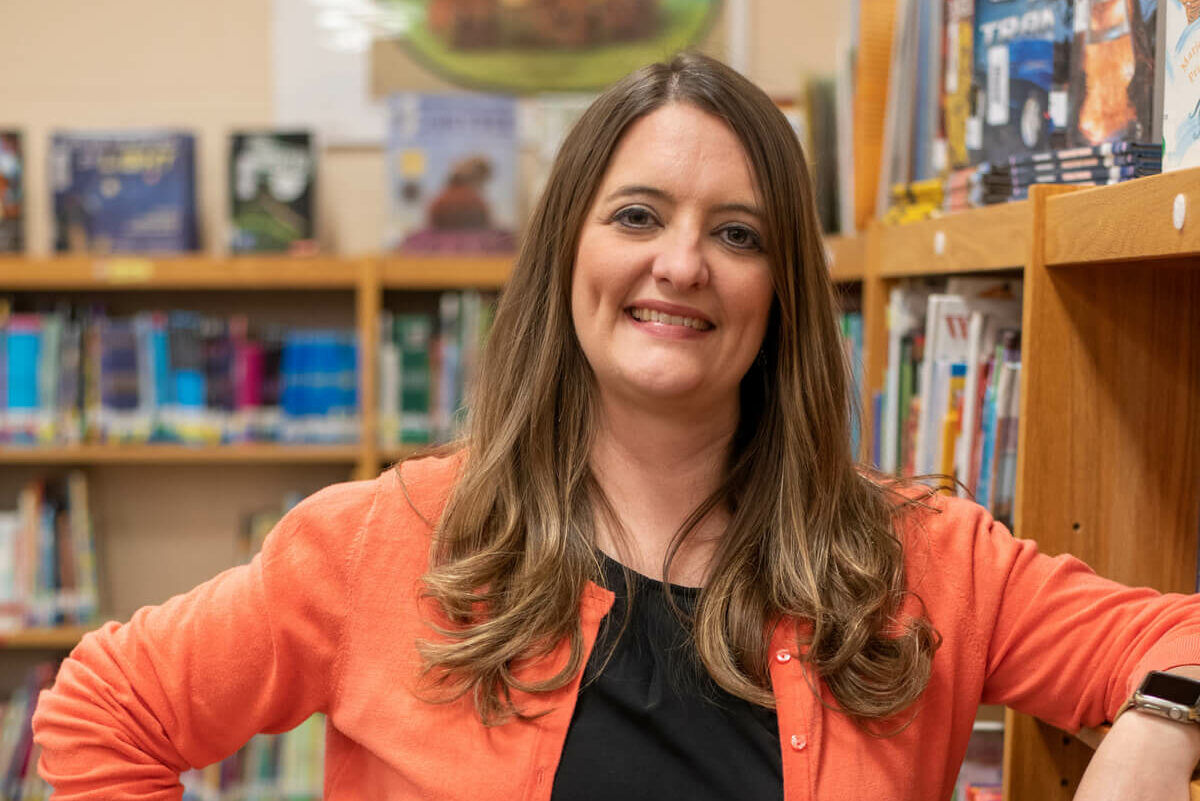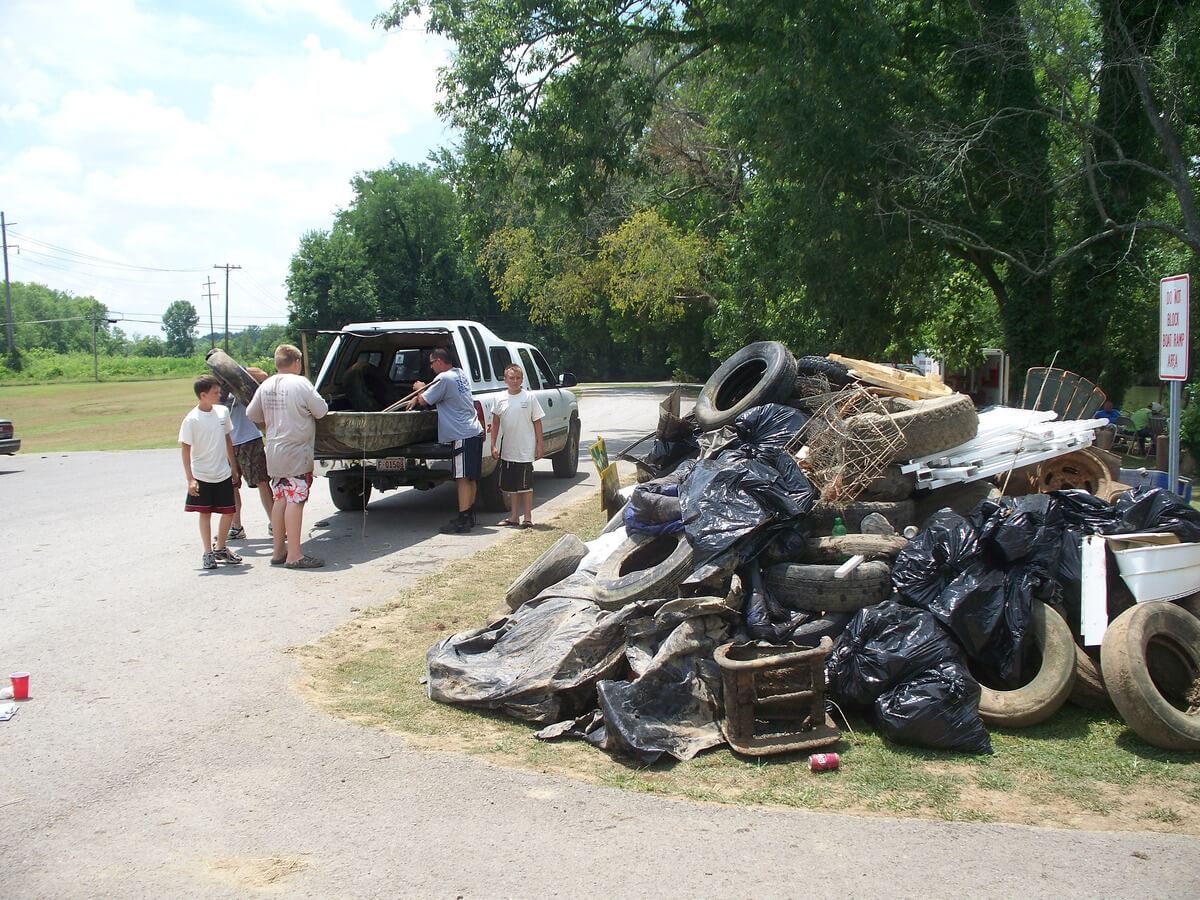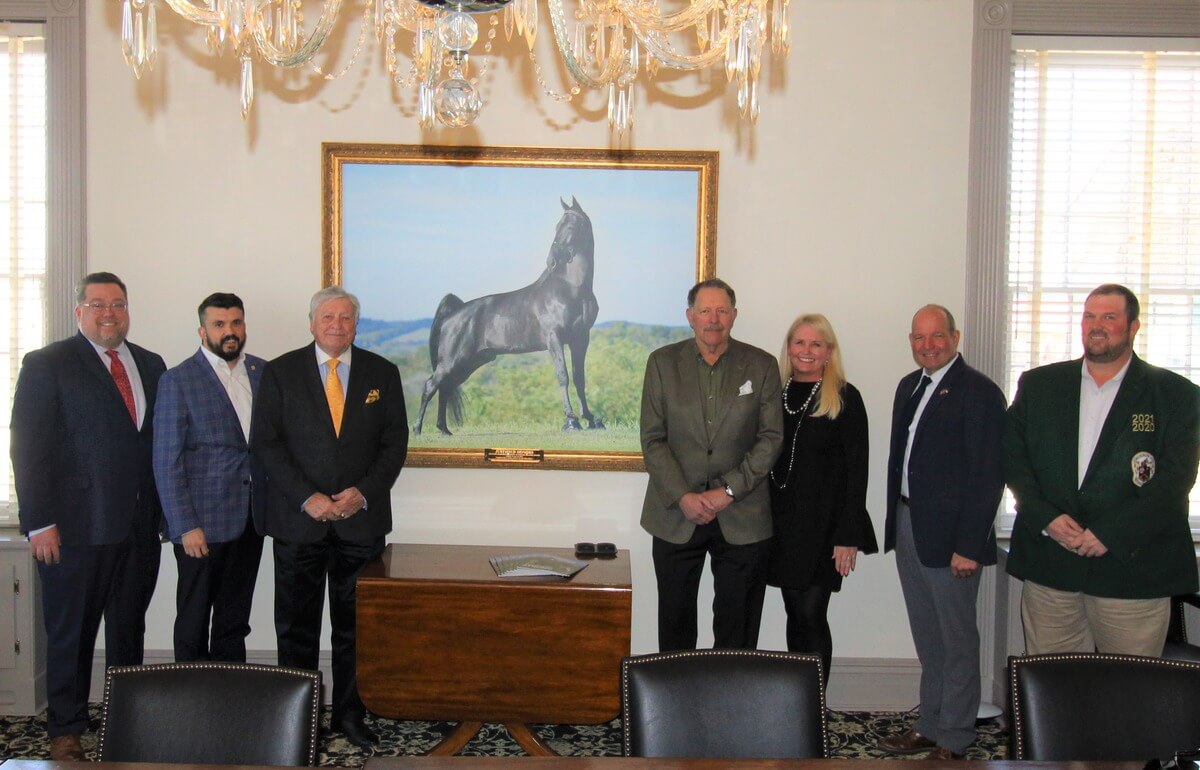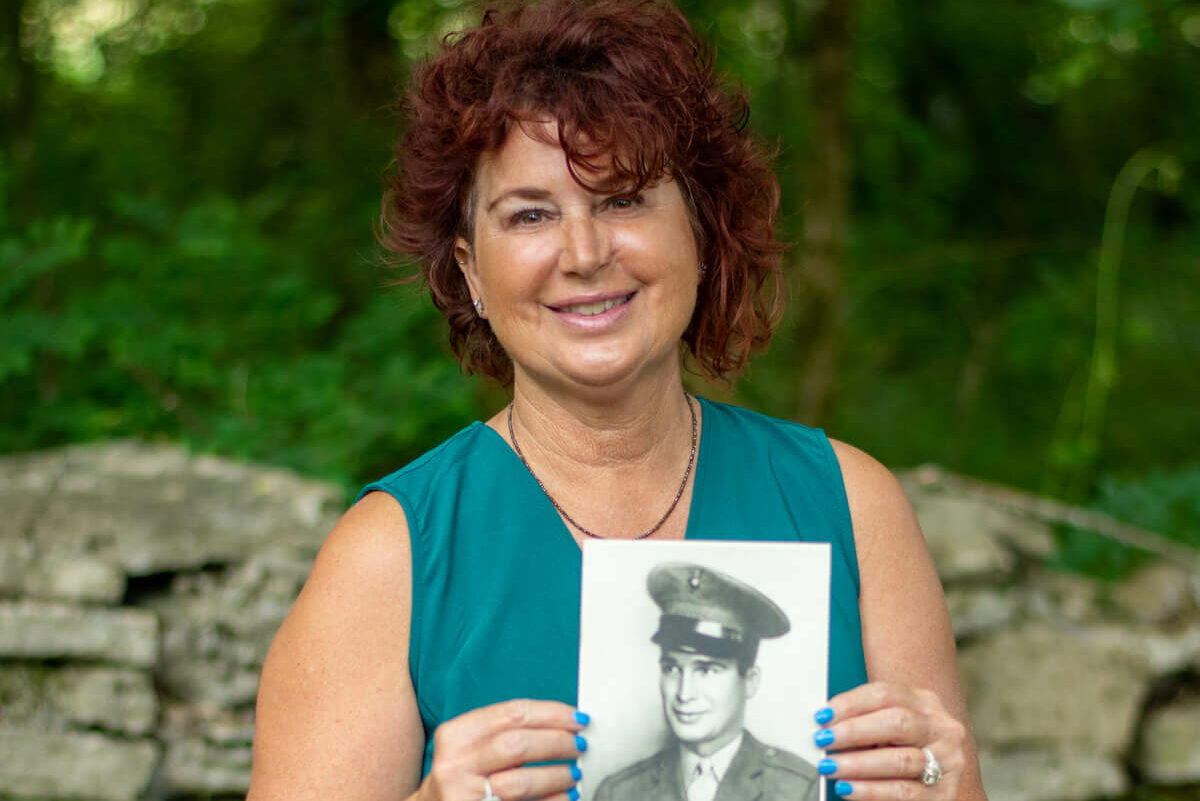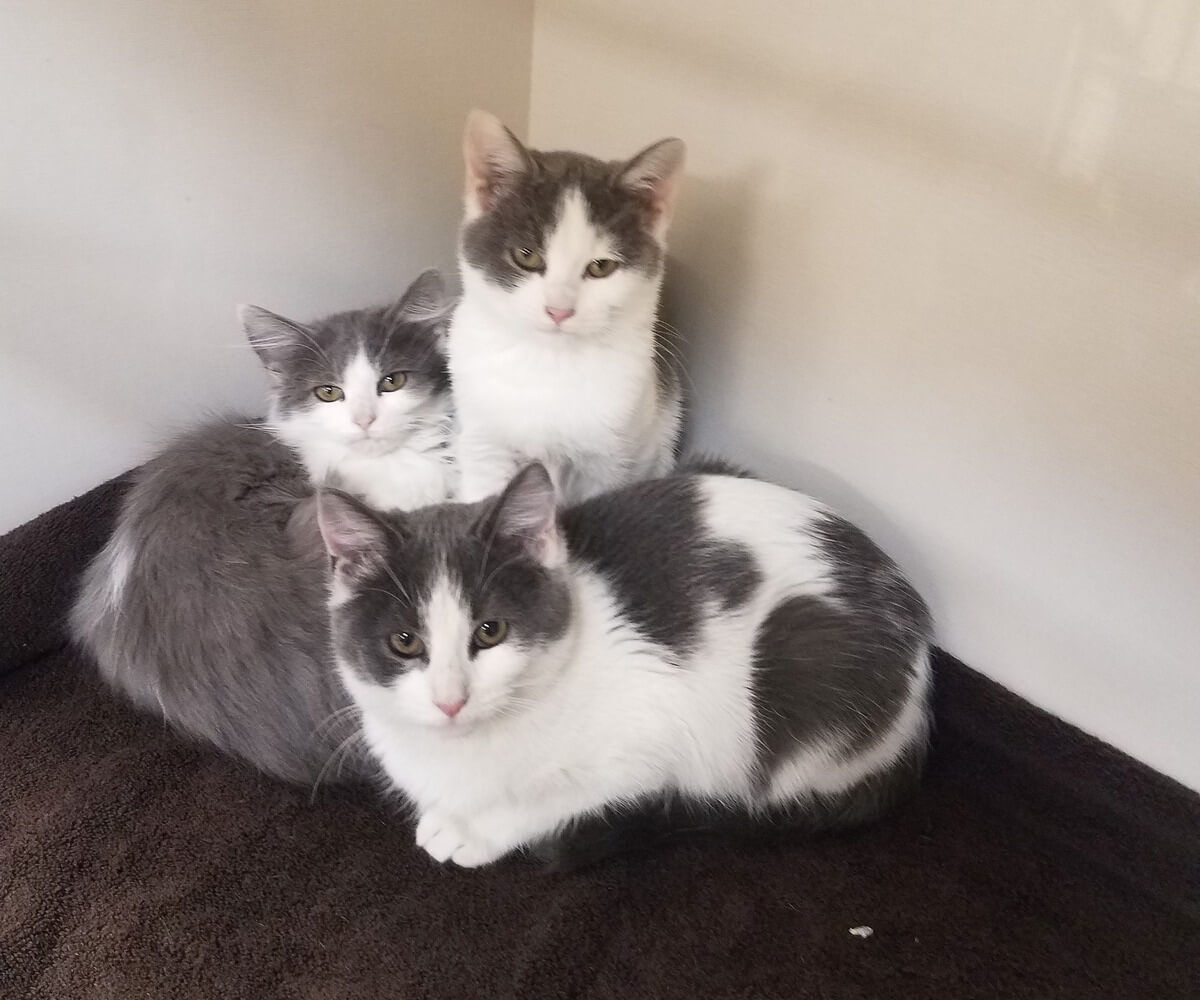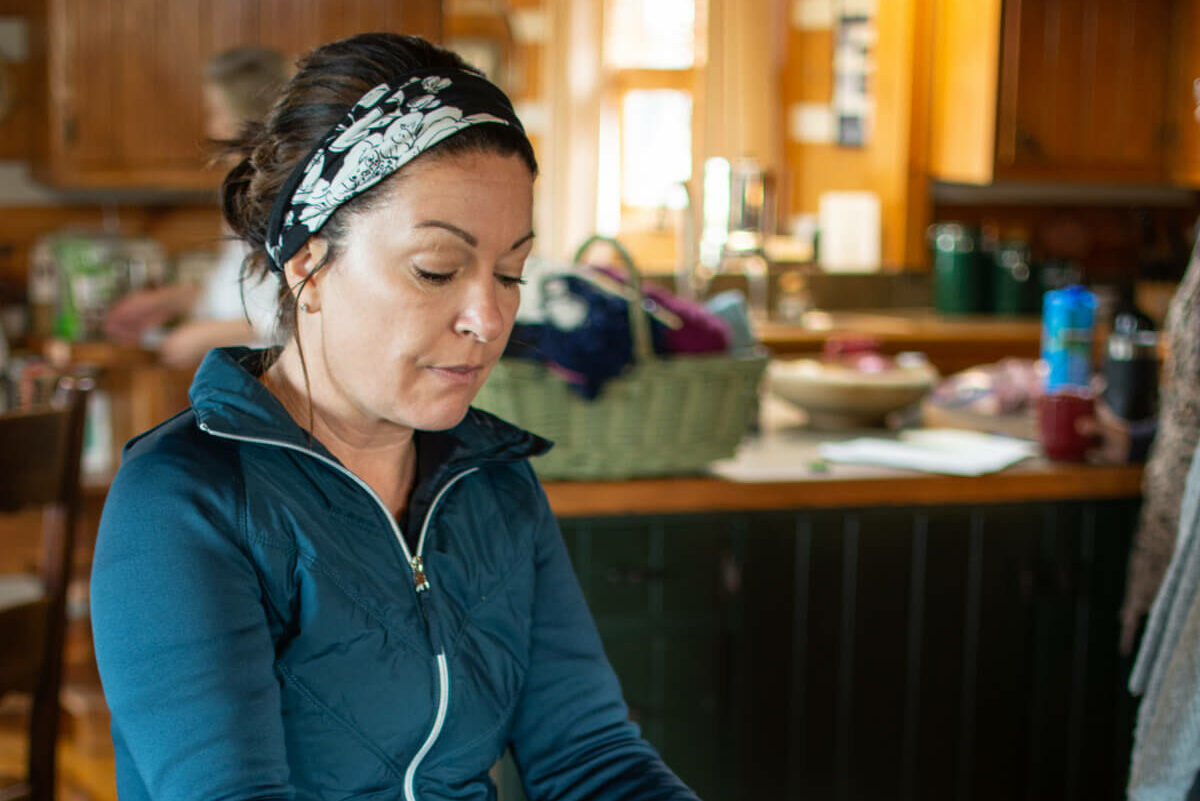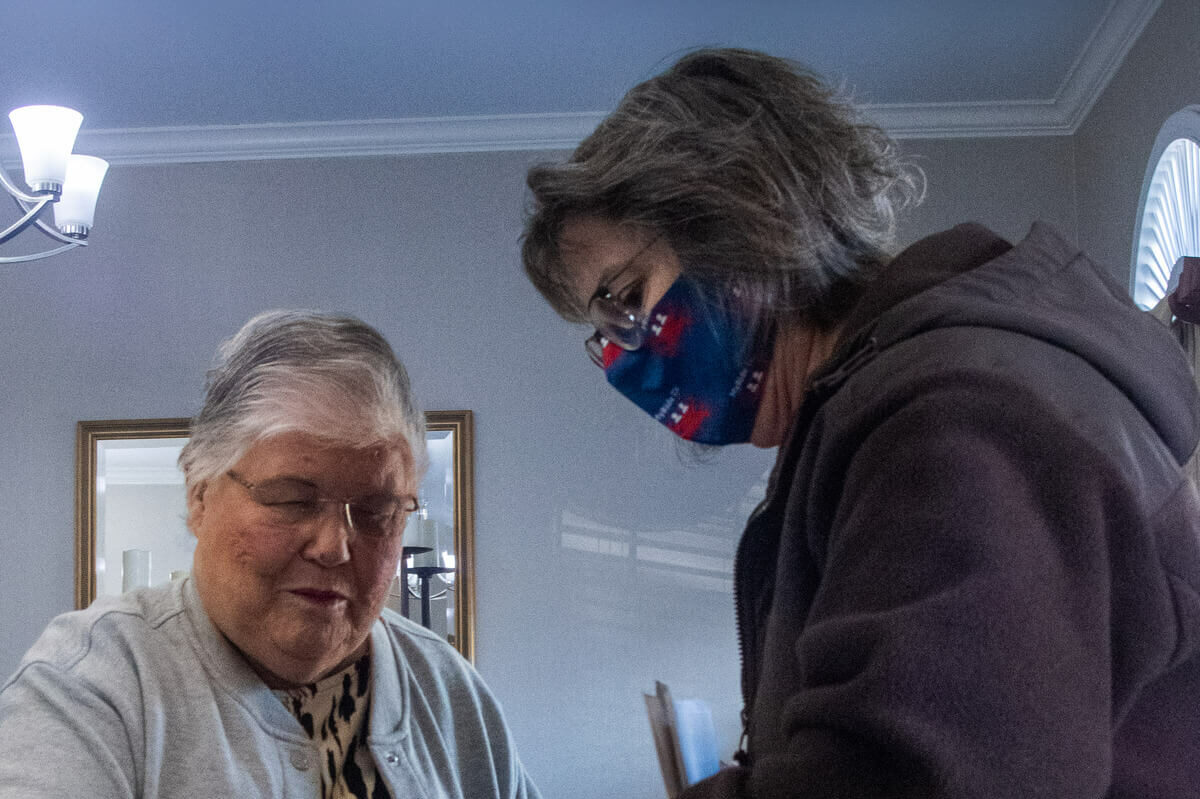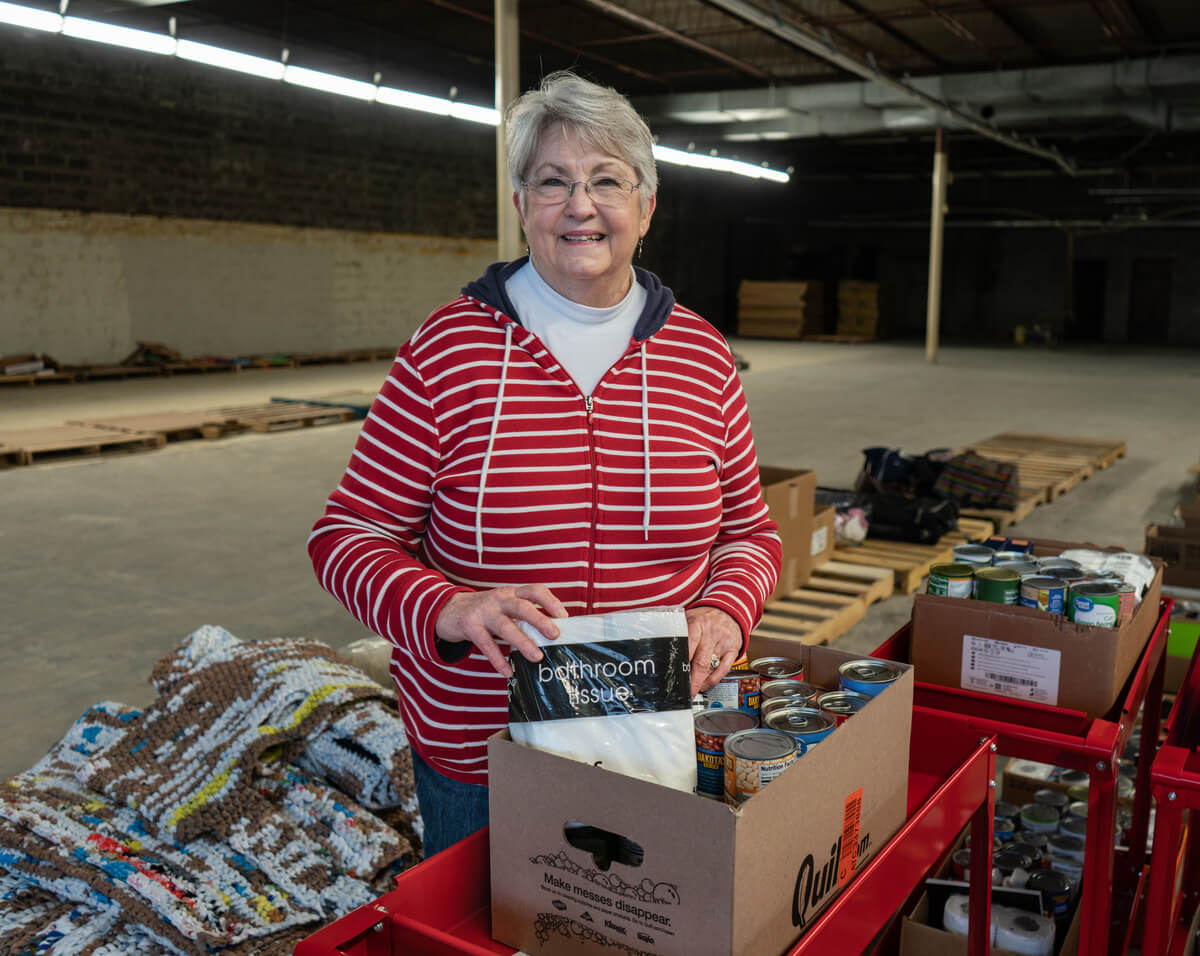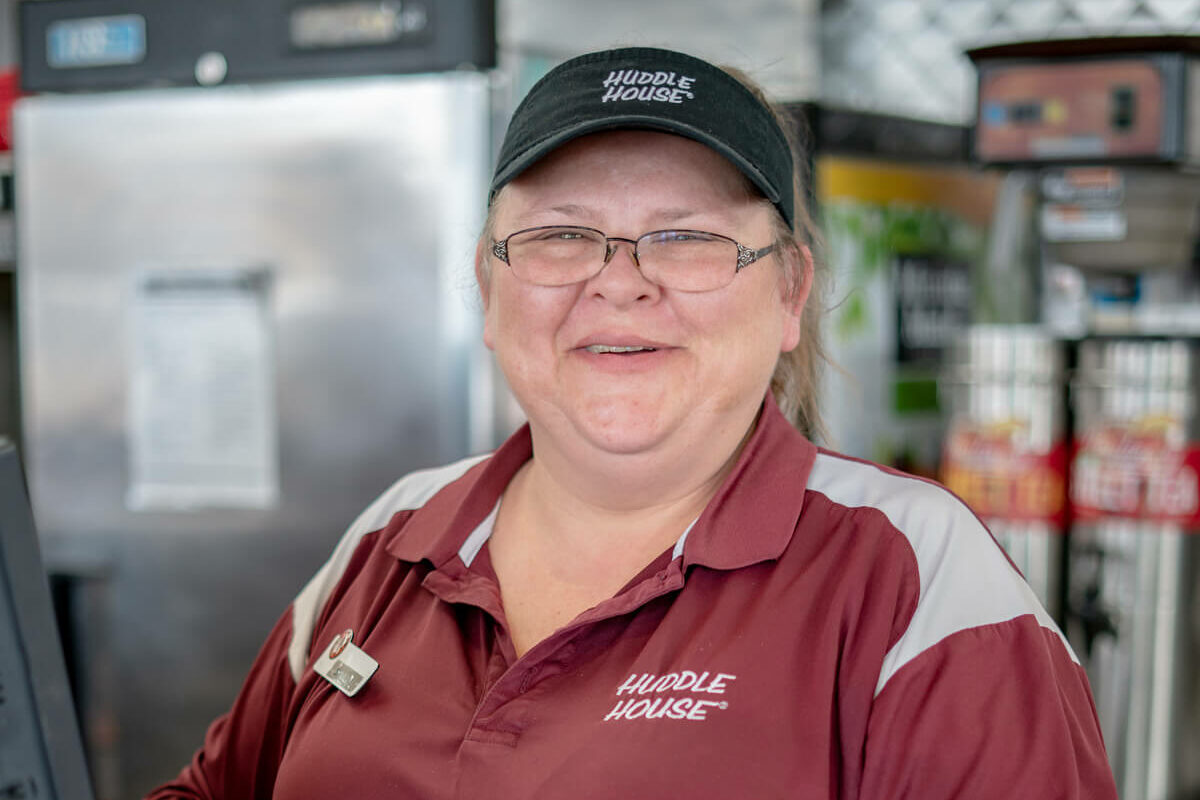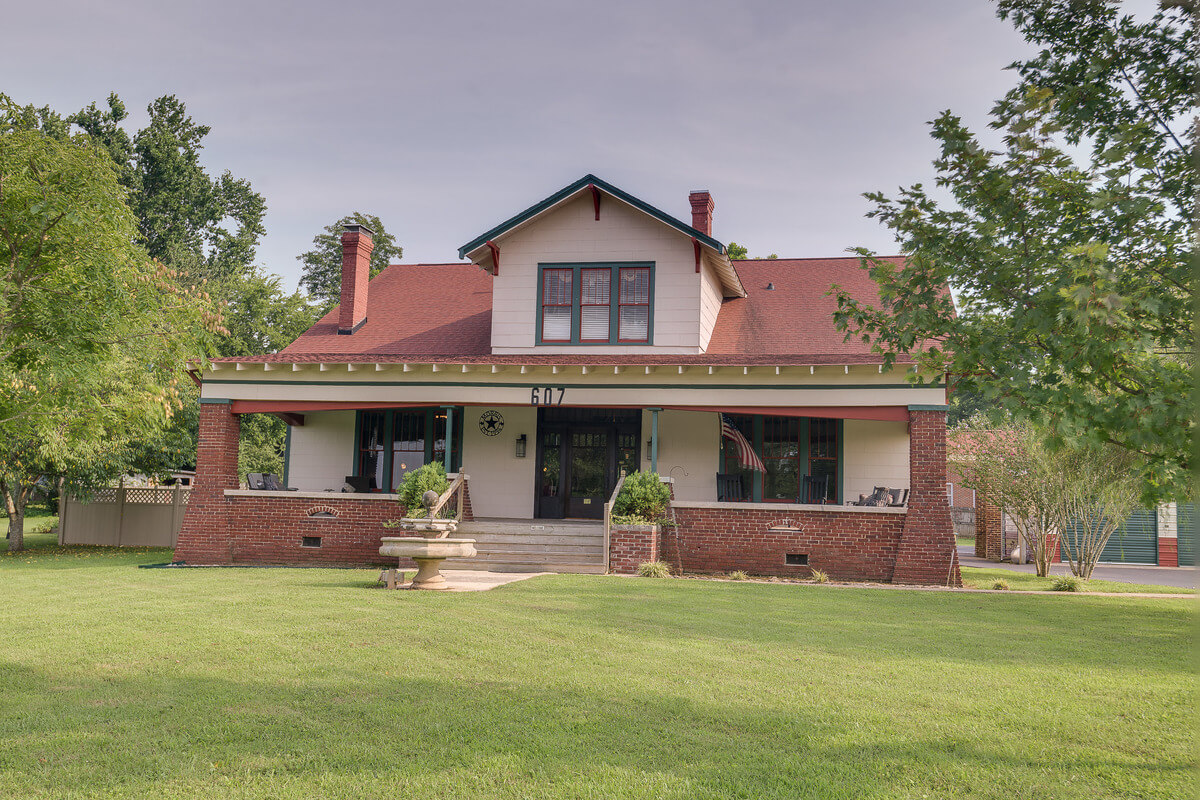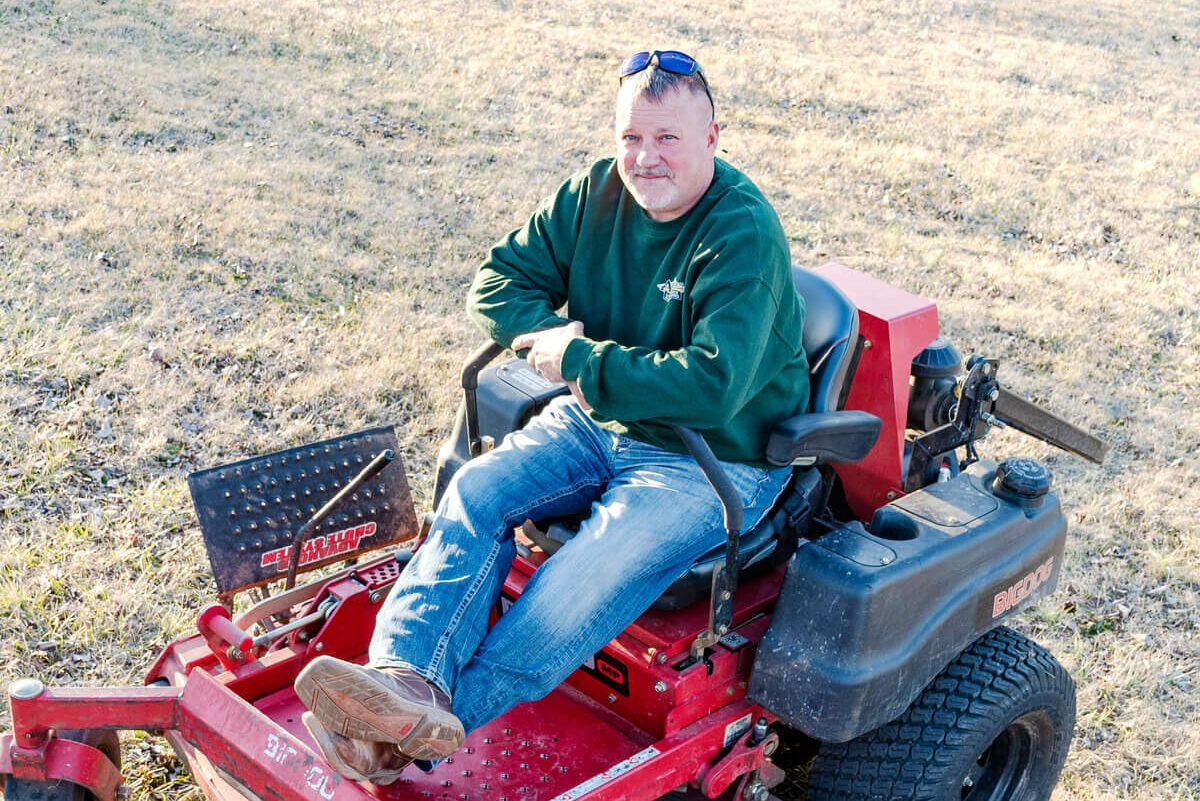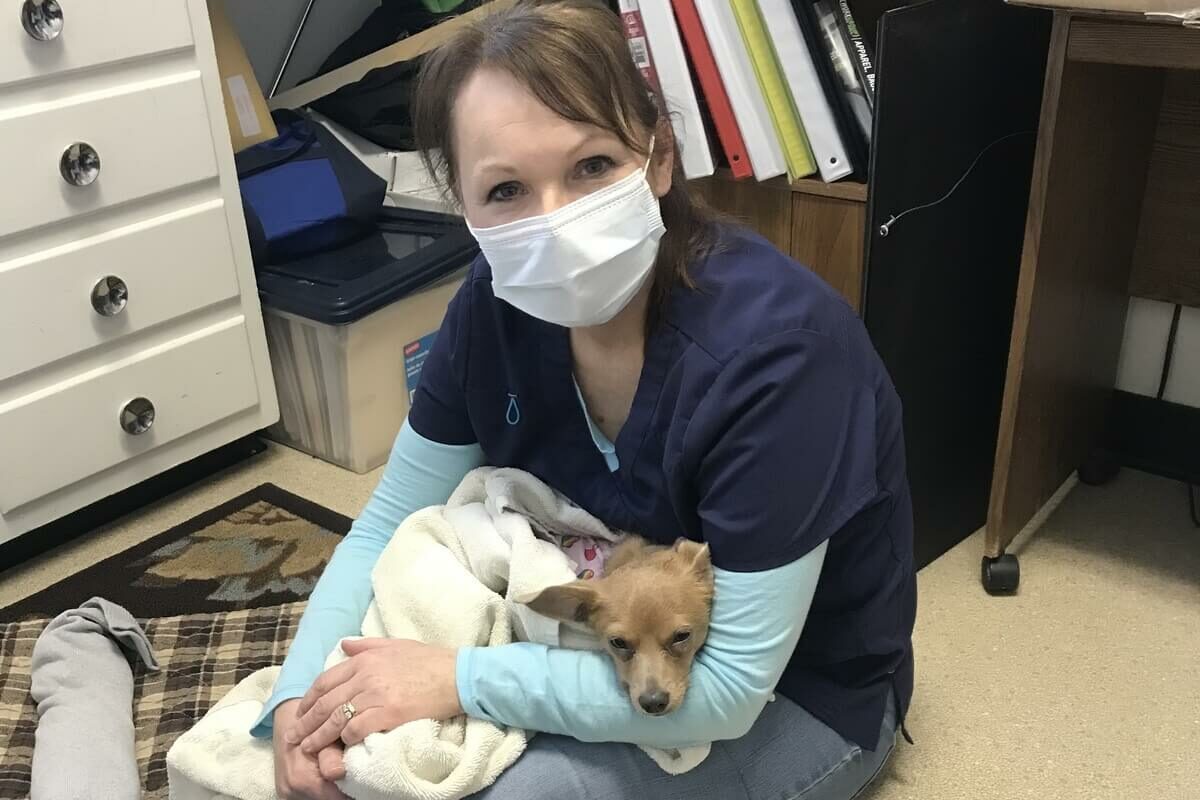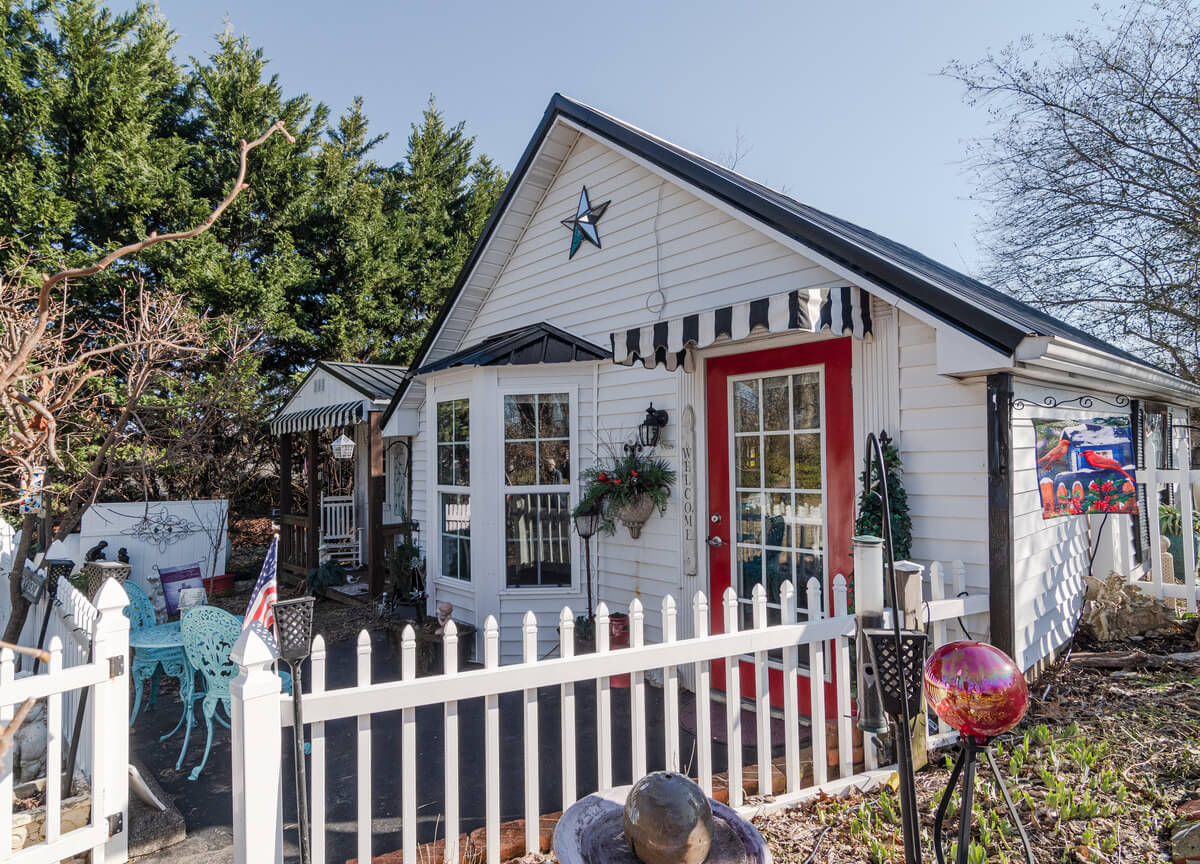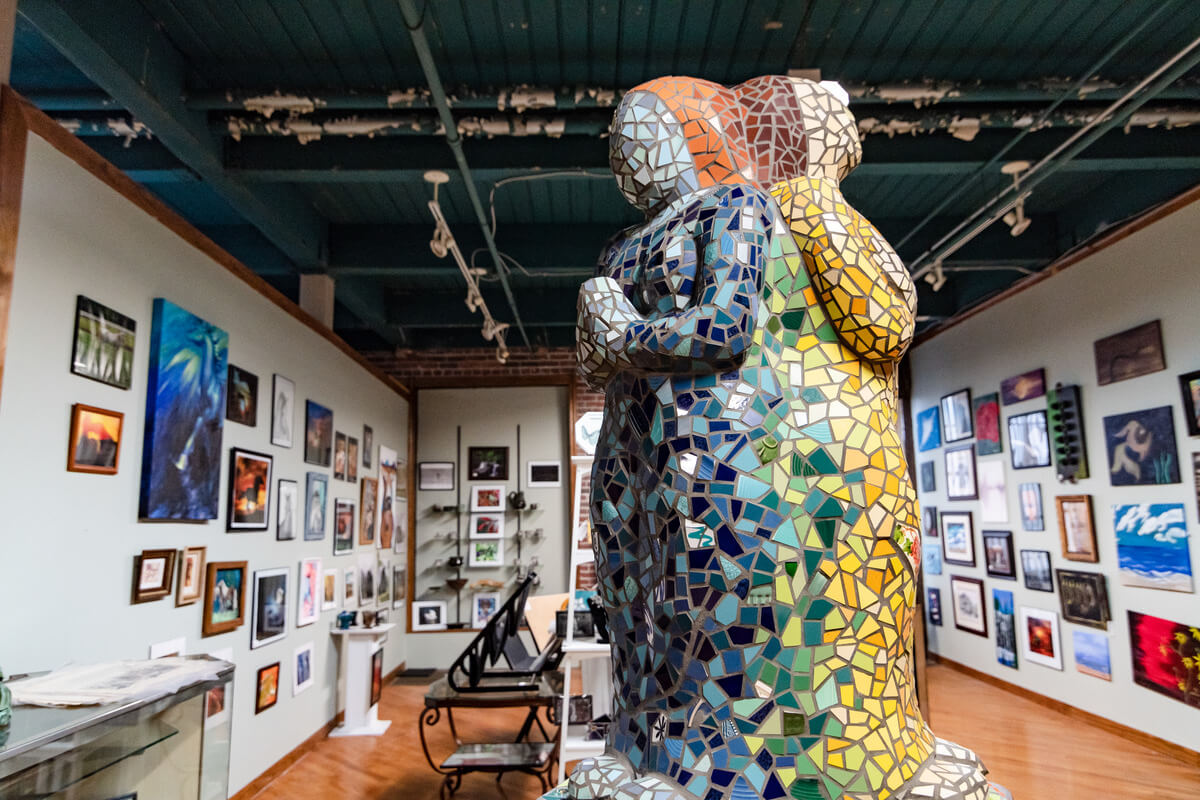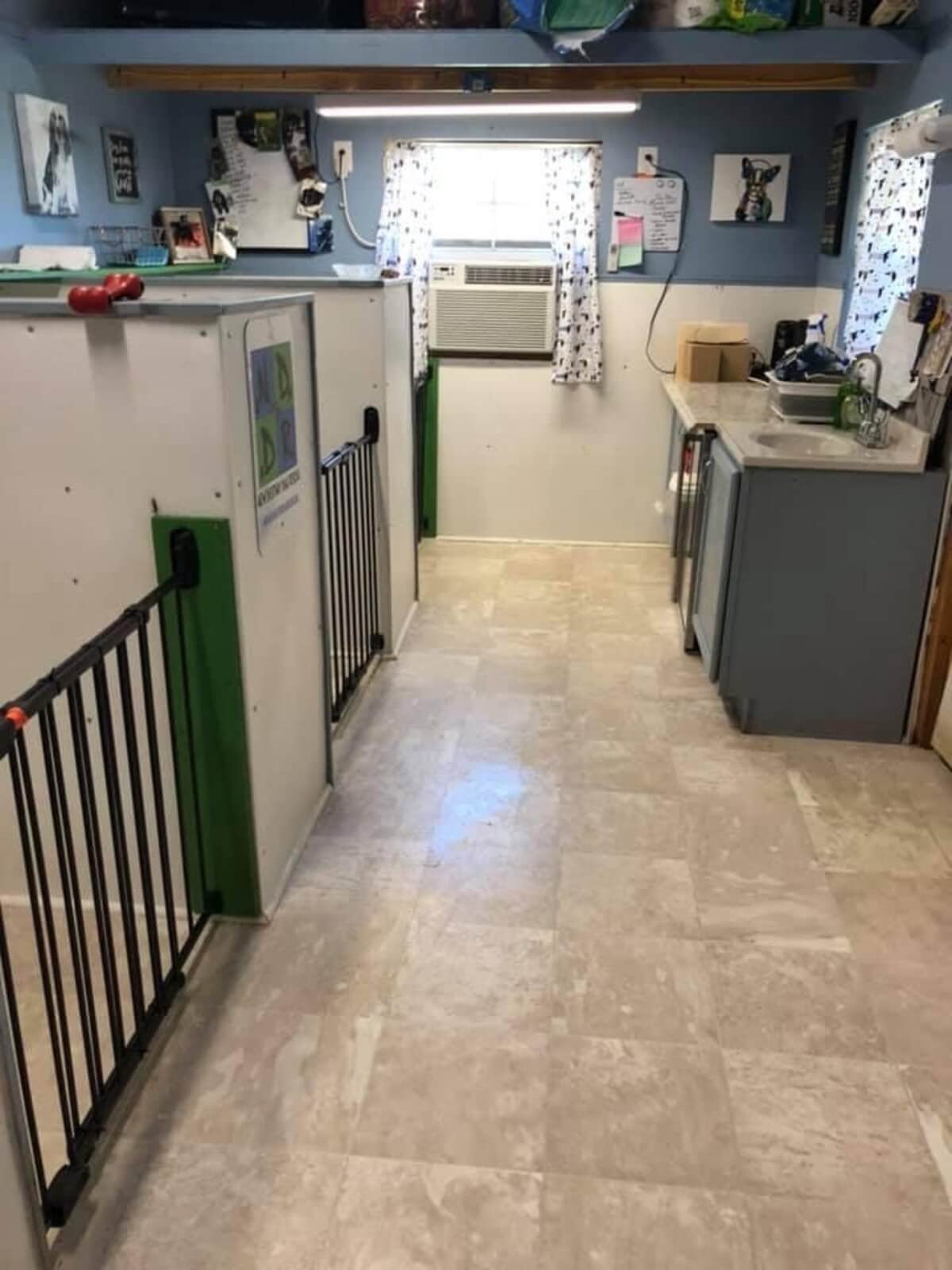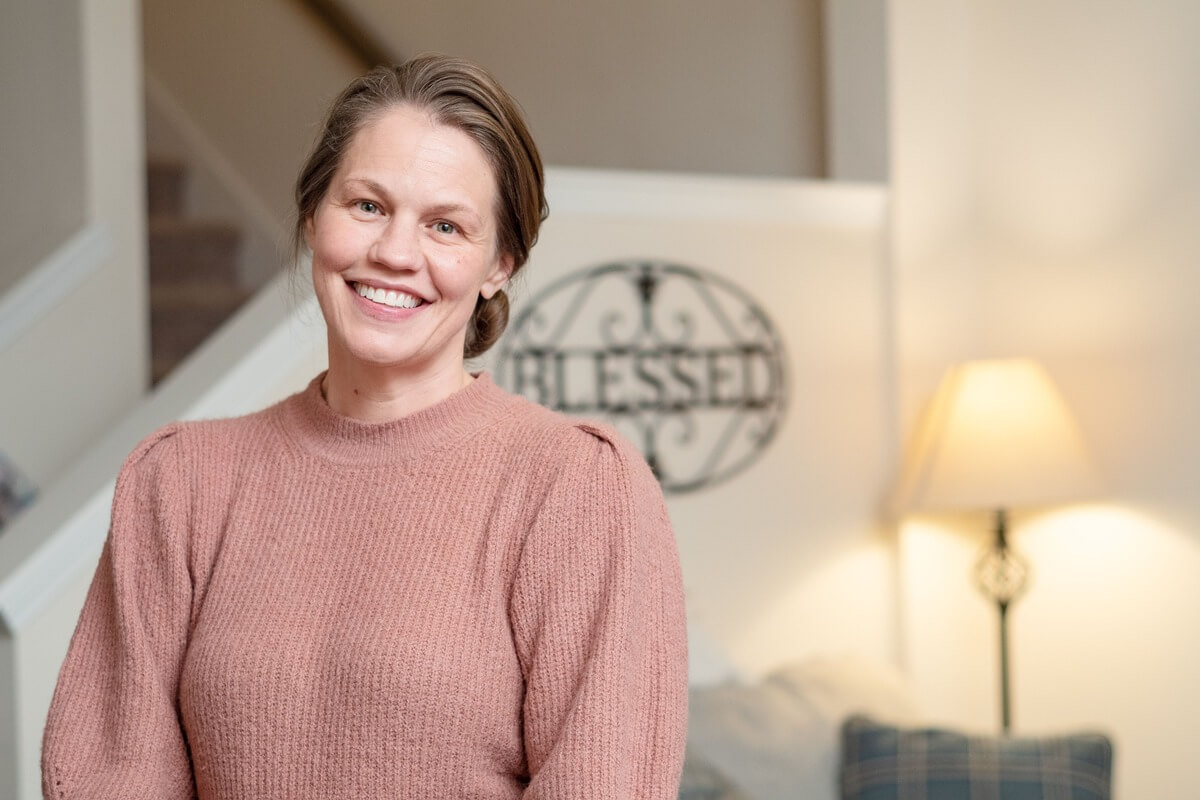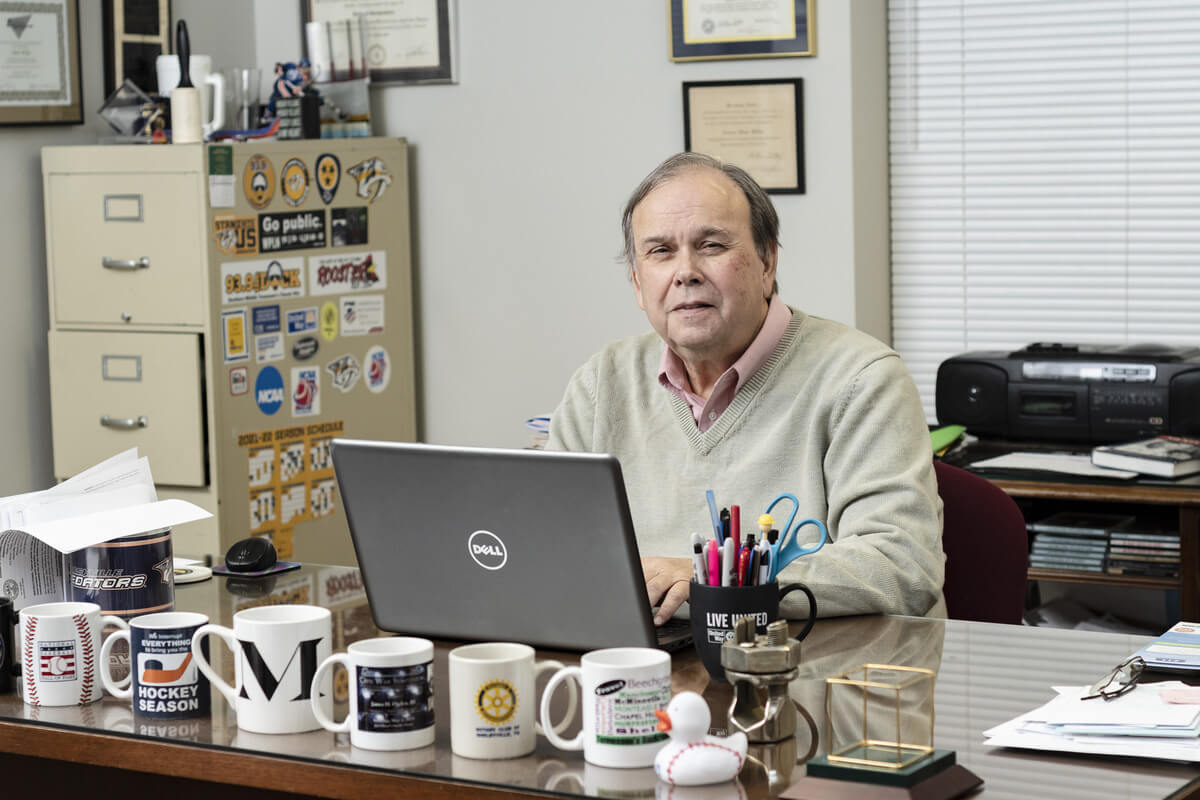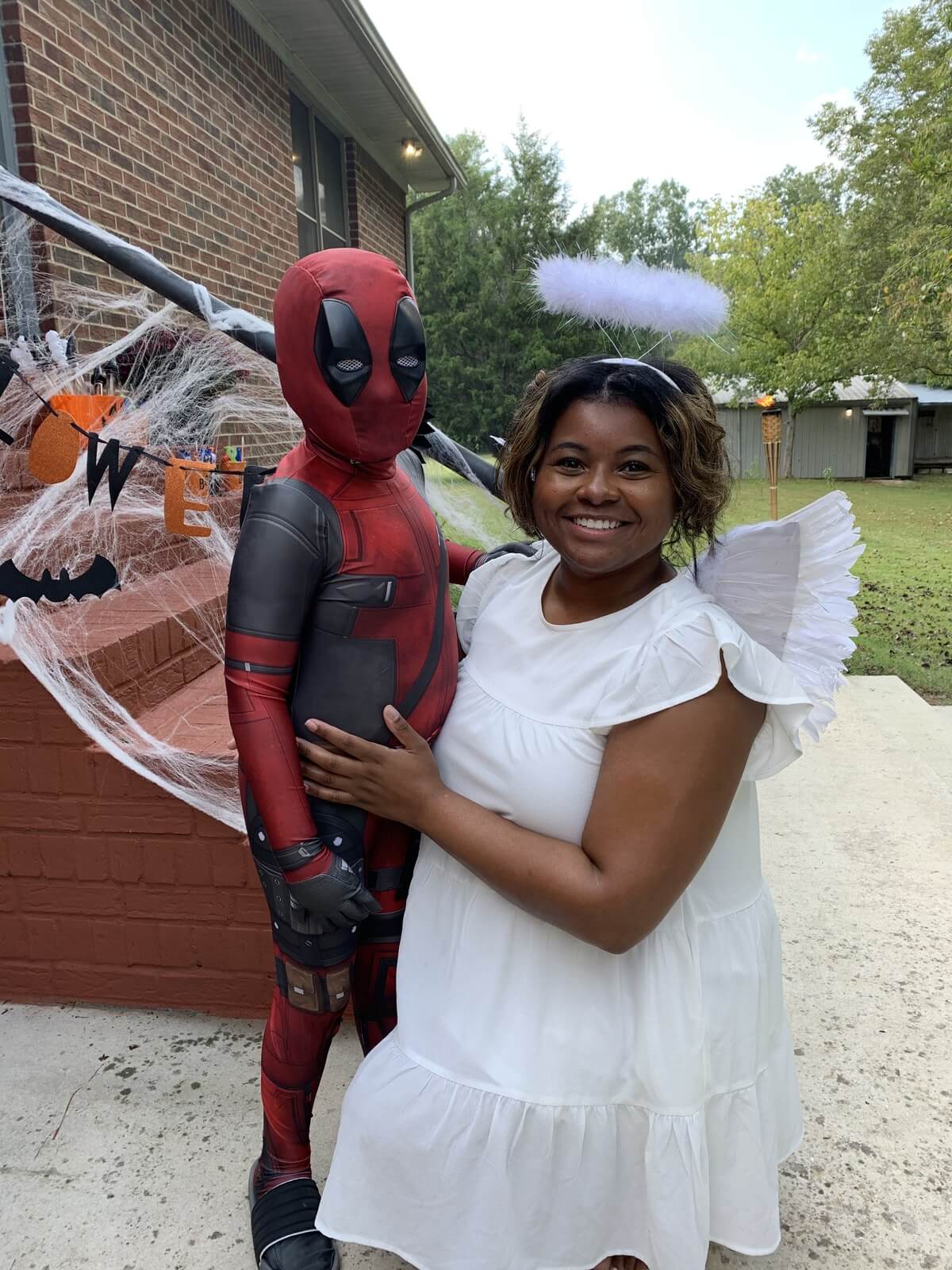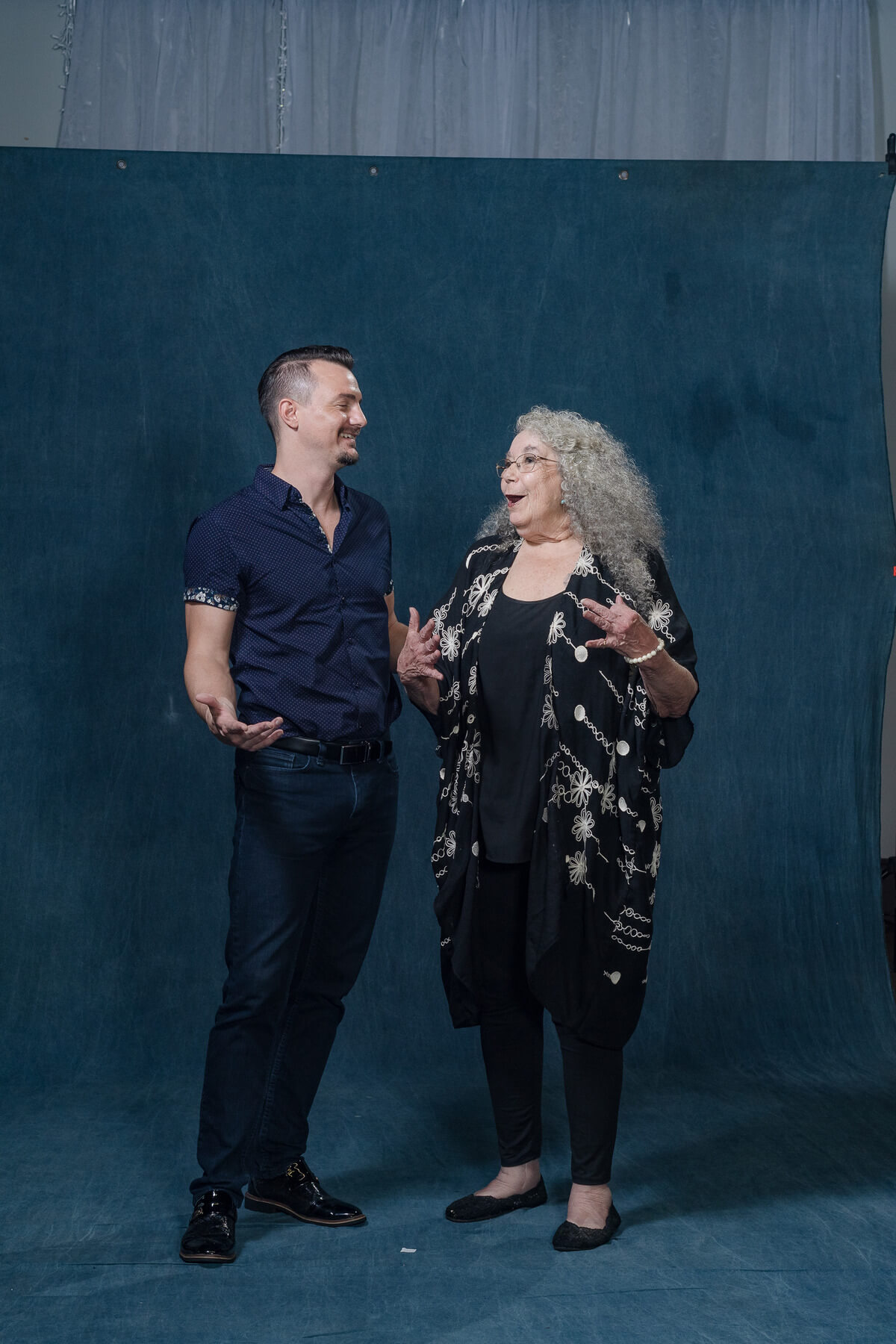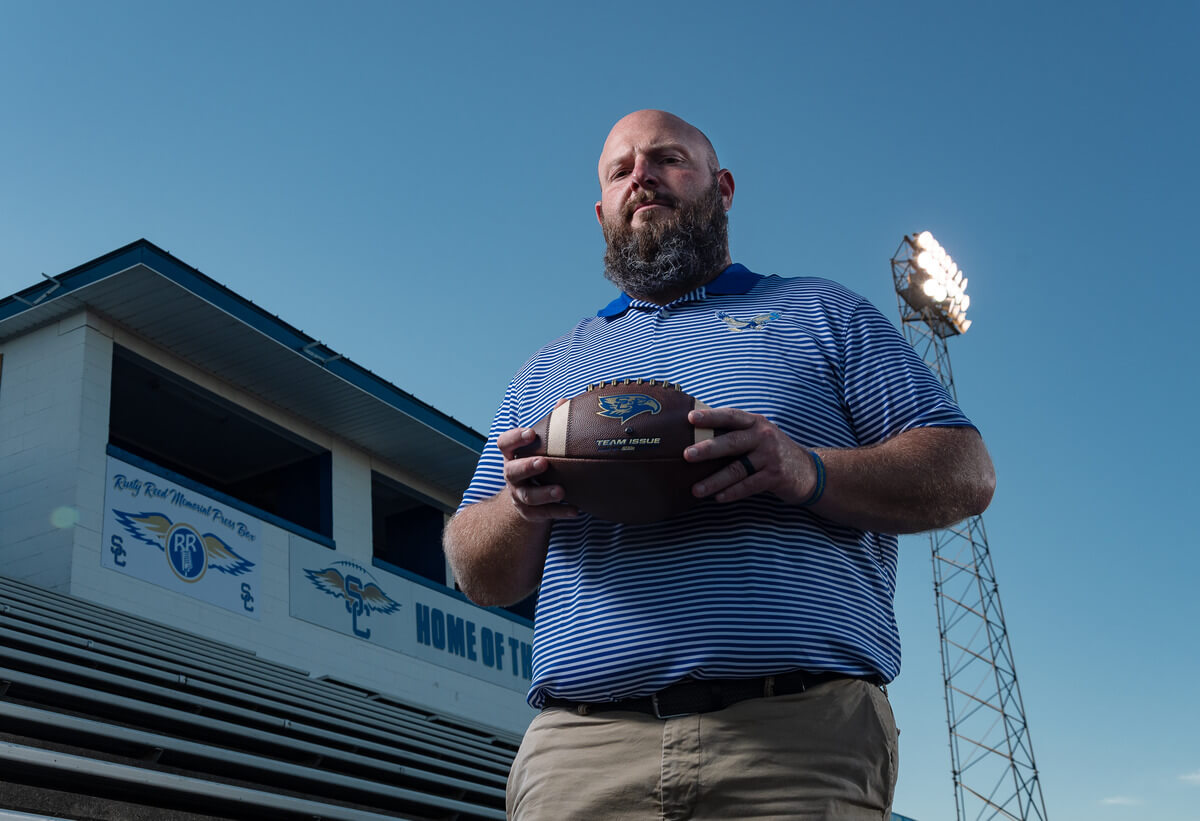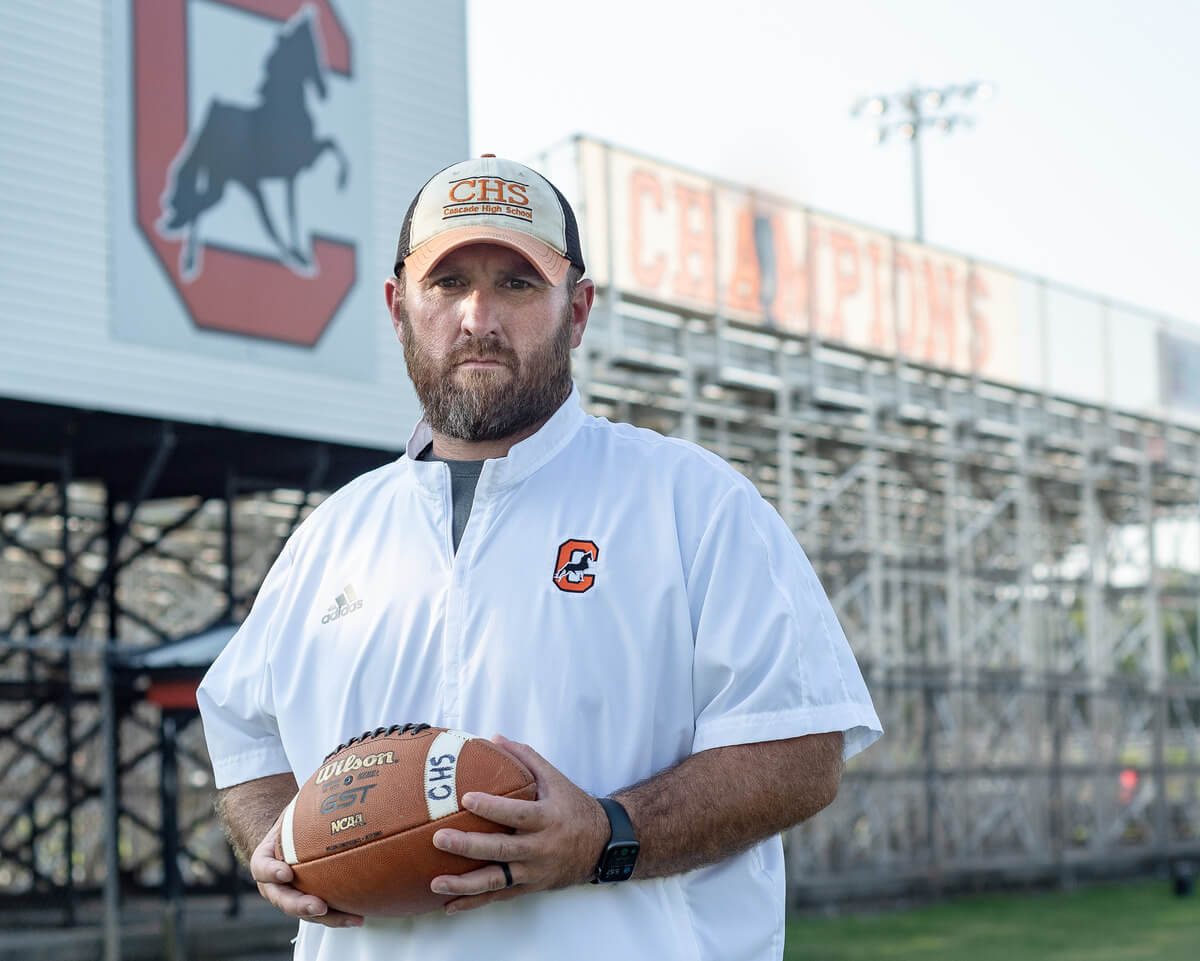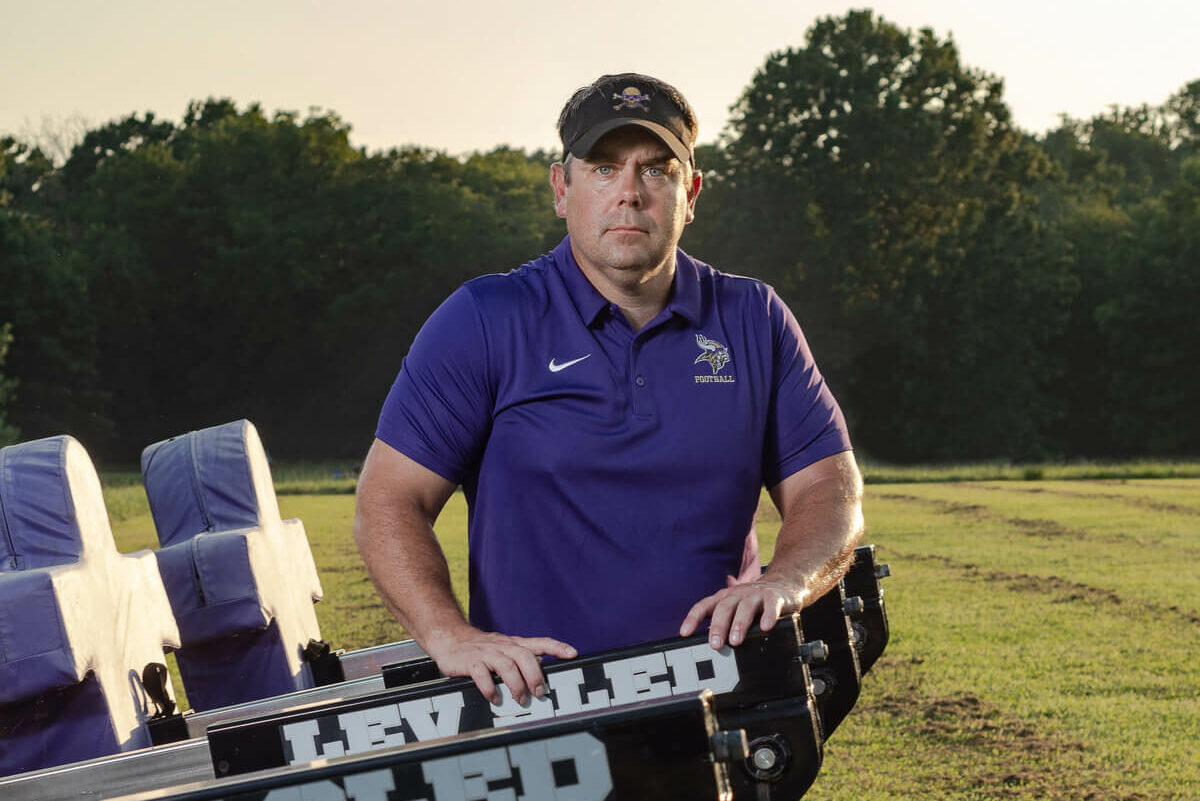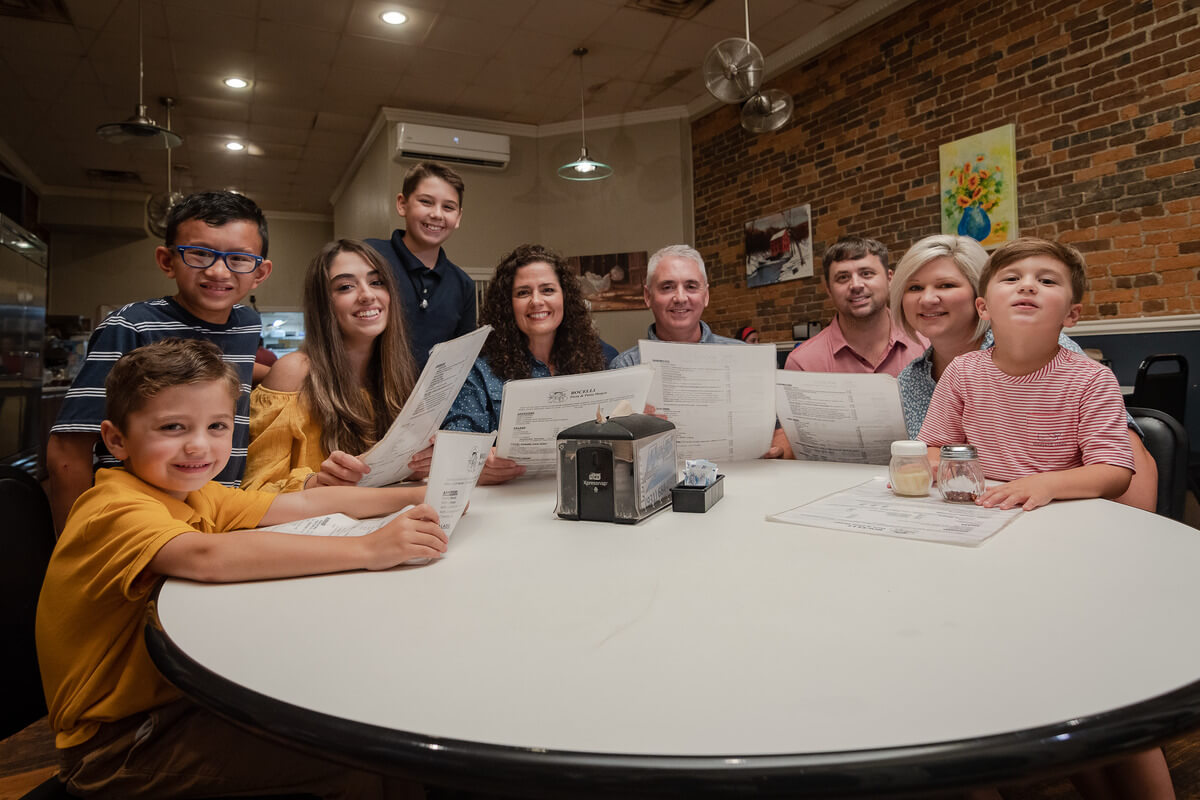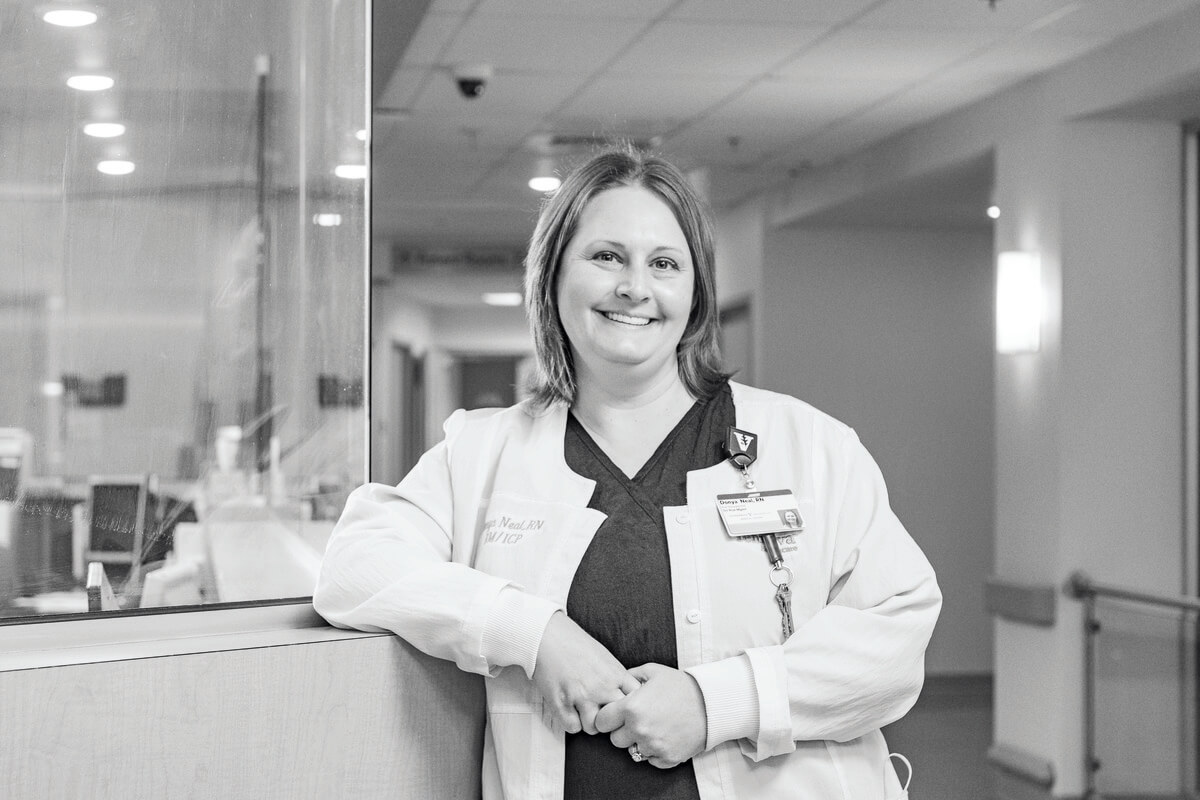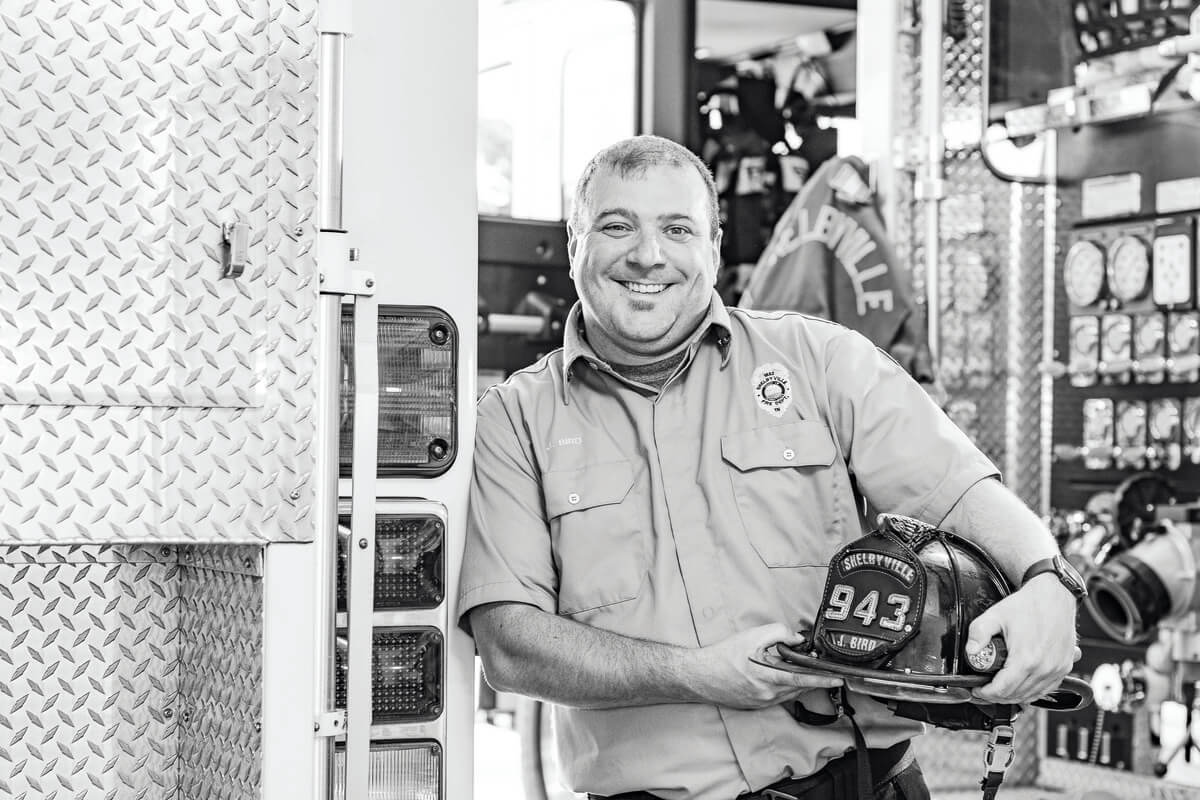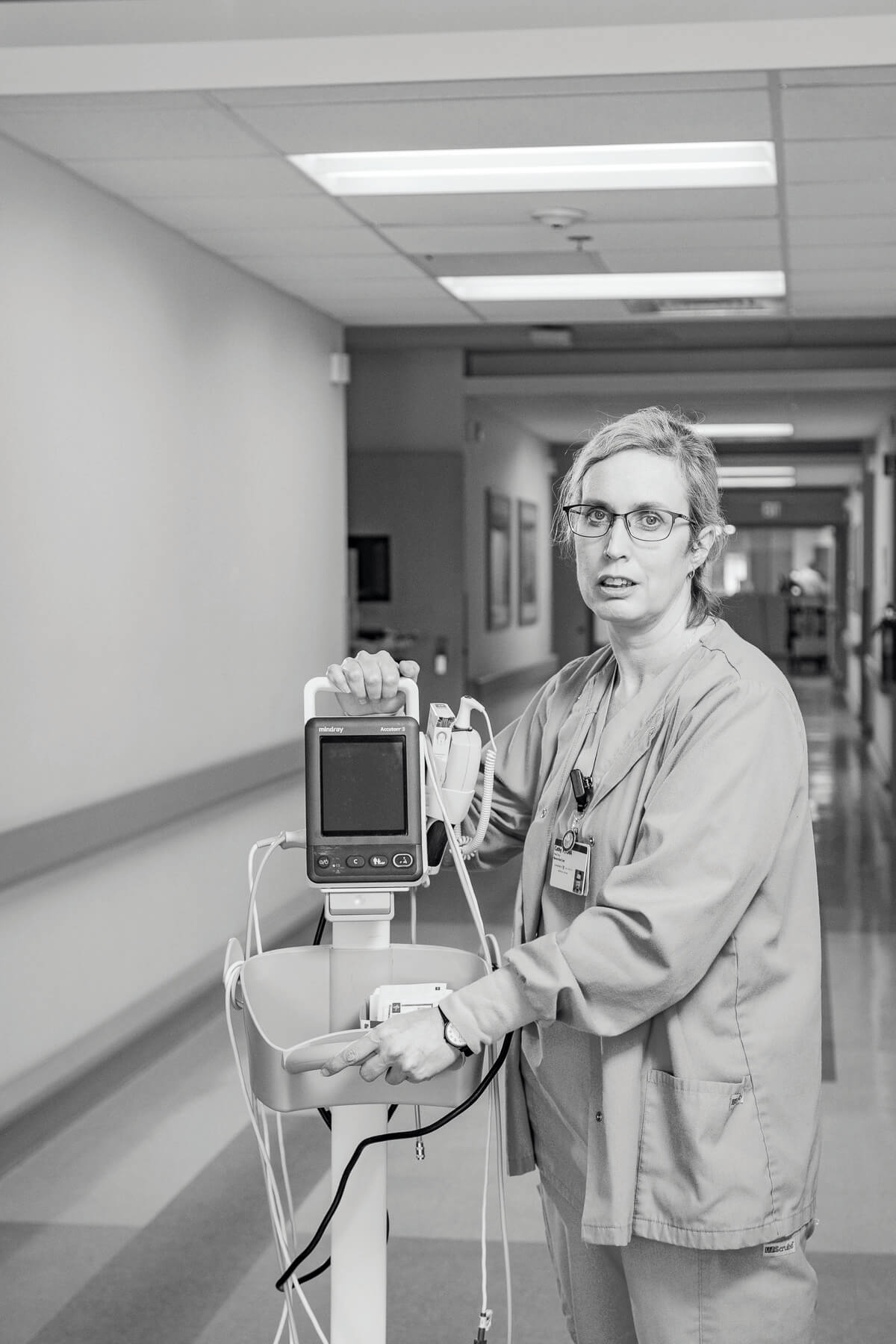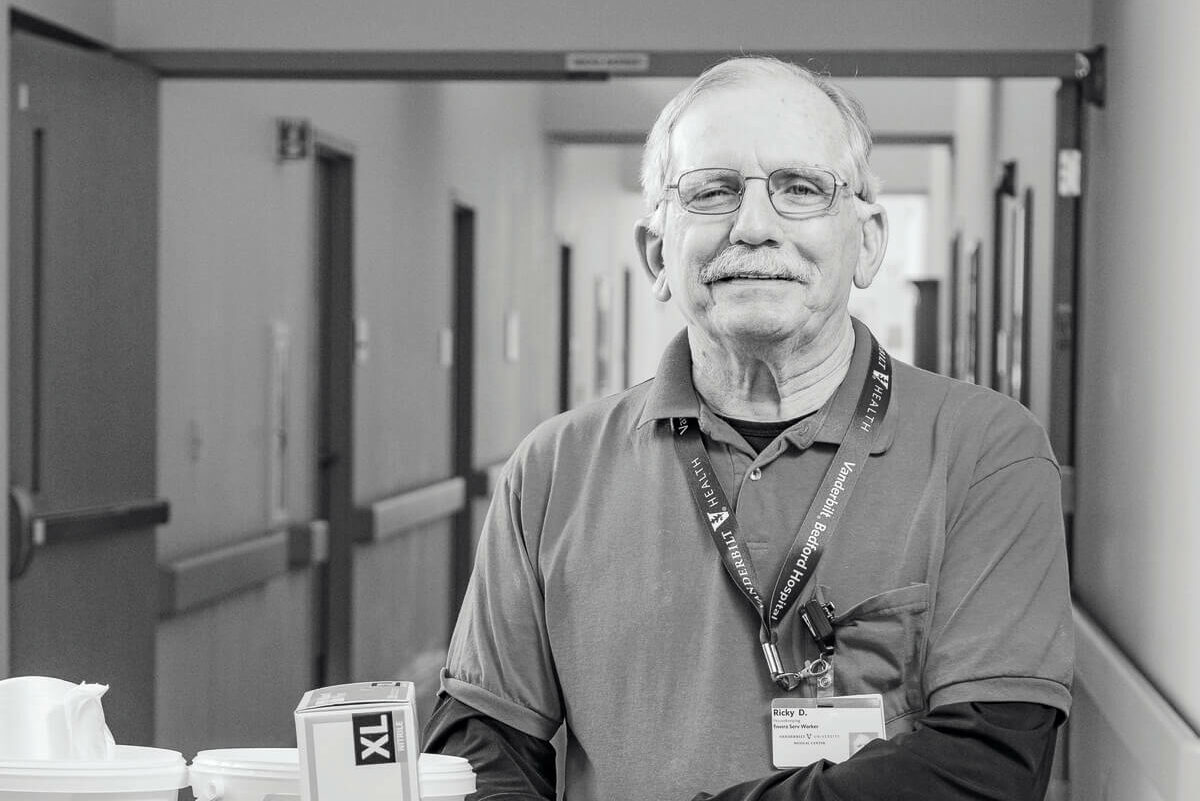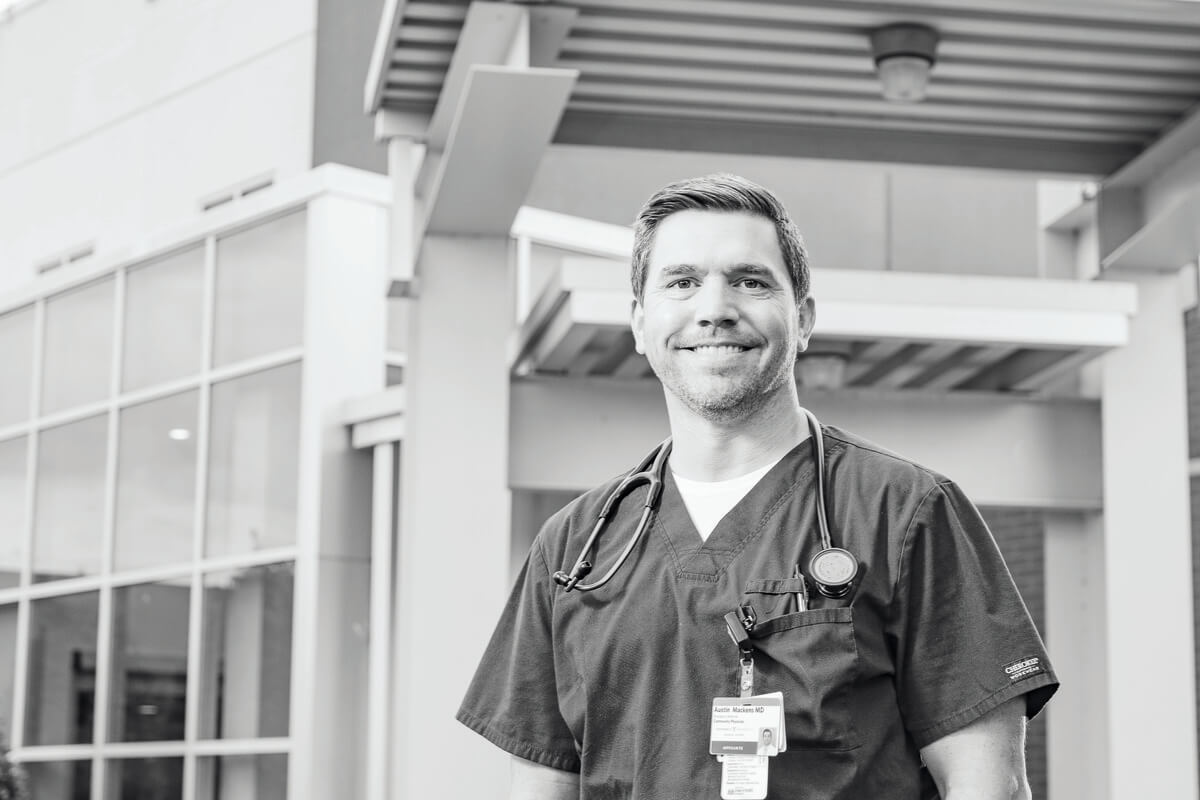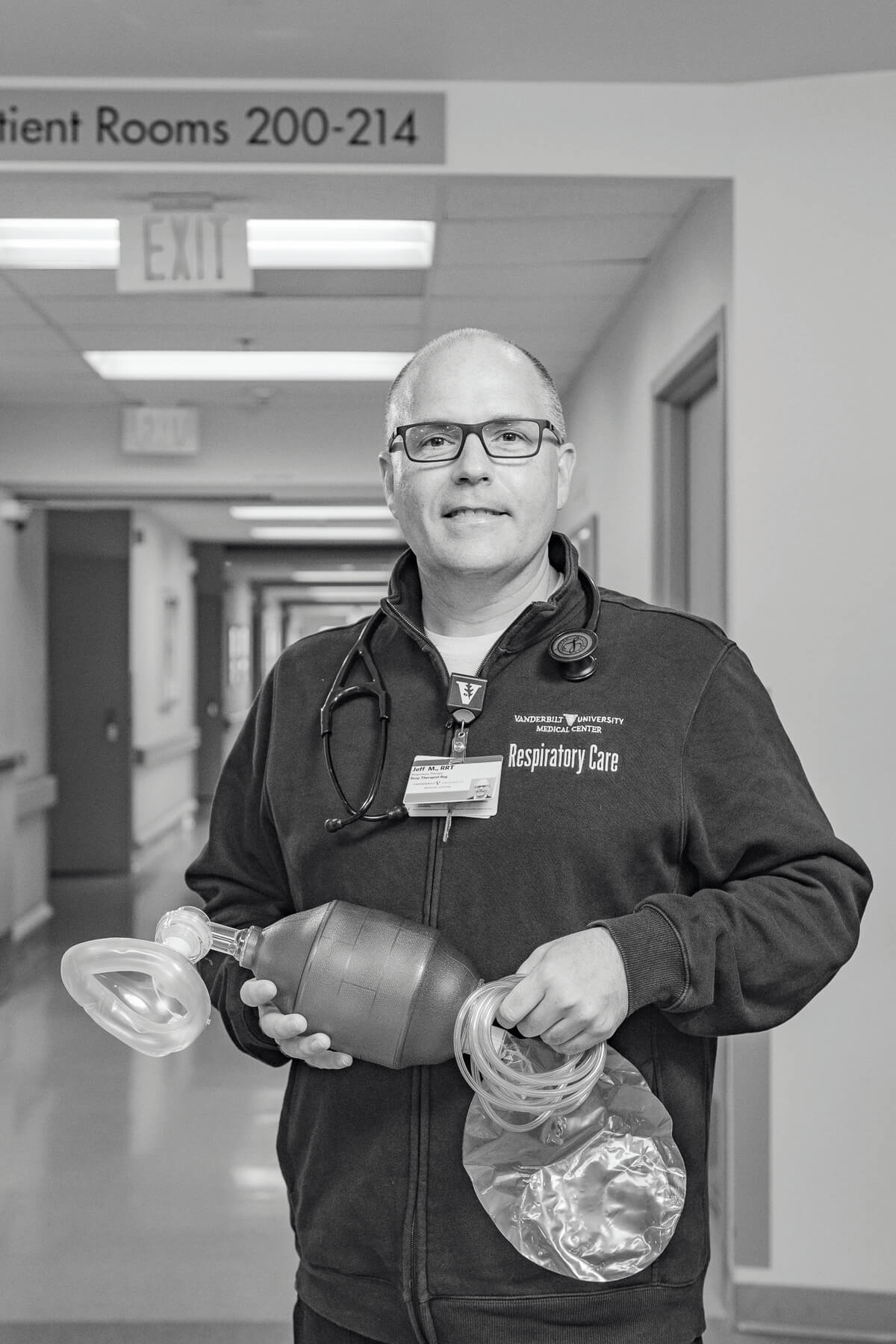SPENDING MOST, if not all, of your time with a loved one that can’t recognize their surroundings, forgets if they’ve eaten recently, or can’t remember your name can be more than overwhelming. It might even leave you feeling exhausted, depressed, and hopeless. While in-home care for your loved one with Alzheimer’s is ordinary, the caregiver’s personal resources seem few and far between. Caregivers in Shelbyville and Bedford County are blessed by a local program that assists with the well-being of the caregiver and their loved one.
In 1993, the Caregiver Relief Program of Bedford County was organized to educate the community about dementia and Alzheimer’s disease, according to its director, Dana Bobo. Over time, the program expanded to include monthly in-home visits that address the family’s needs, identify community resources, educate about the disease and caregiving, and assist with securing respite care.
Bobo explained, “Through our collaboration with the Tennessee Respite Coalition, we currently offer $200 per month reimbursement to families for quality respite care. We also offer a lending library and a Music & Memory program. During home visits, it’s my goal to come alongside the caregiver and offer encouragement, share ideas for dealing with challenging behaviors, and assure them they are not alone in their journey.”
Alzheimer’s education is a core element of the organization’s mission. Their resources for presenting a clear picture of a disease that scrambles images on the patient’s mental screen are insightful and impactful.
“We offer memory screenings to the public, and the Virtual Dementia Tour, providing an opportunity to spend a few minutes in the shoes of people living with Alzheimer’s disease. Second Wind Dreams developed the Virtual Dementia Tour and specially trained facilitators to conduct this virtual reality experience. This up-close, hands-on experience gives critical insight to those caring for someone living with Alzheimer’s and other dementia-related diseases,” said Bobo.
The Music and Memory program has sparked life in nonresponsive patients. Music speaks where words often fail. Familiar songs and melodies wake up sleeping minds and spirits when the headphones are on. The musicandmemory.org documentary videos bring tears as you watch the patient’s positive response to familiar tunes loaded onto MP3 players.
The experiences locally have been the same.
Joyce Adams, the previous director, said, “We’ve had a couple of non-verbal people who spent most of their time in bed. We put music on them that they recognized, and after regular use for a couple of weeks, the patient, who had been non-verbal for a good while, was singing along.”
The caregiver’s identity can be lost as they attempt to provide the best care possible for their spouse, parent, loved one, or friend, leaving two people struggling to know who they are. The program’s equal emphasis on the caregiver and the patient is a powerful partnership.

Bobo said, “According to the Alzheimer’s Association, there were 361,000 caregivers who provided 489,000,000 hours of unpaid care for loved ones with Alzheimer’s disease in Tennessee in 2021. The value of that care was estimated to be $6,901,000,000! Approximately 66% of these caregivers deal with their own chronic health conditions. The sheer physical, psychological, and emotional toll on caregivers is immense. About 40% of those caring for a loved one with Alzheimer’s disease die before their care recipient.
Caregiver Mary Bicknell said, “The program opened my eyes to the stress of being a caregiver. I was dealing with my parents and my personal life, and the program allowed me to take time for myself and relax without worrying about how they were getting along—a peace of mind that all was well even when I wasn’t around.”
Trena Cook also found relief through the program. “I am so thankful for the program! It has helped ease my mind of so much worry over not knowing where to start. The caregiver’s list they provided has helped a lot, and it’s a great relief to know there is some financial help available to cover some time off for yourself.”
It’s a need that is growing exponentially, along with our aging population. The community’s need for the program will be greater than ever.
Bobo said, “We would like to begin a support group for our families. The closest groups at this time are in Murfreesboro and Tullahoma. To add a support group, we will need additional financial support. Our program’s support of these families will become more important as more and more families seek to care for their loved one at home.”
She continued,“To add this service, we will need to increase the financial support we receive. We are primarily supported by grants from the Alzheimer’s Foundation of America, The Dandridge Trust, The Healing Trust, The East Tennessee Foundation, The Pat Summit Foundation, United Way of Bedford County, the Evans Family Trust Fund of First Presbyterian Church, and the Walmart Foundation. We also hold fundraisers and seek support from individuals and businesses in our area. This financial support has allowed us to provide monthly home visits at no cost to our families and enables us to reimburse them for respite care.”
The program is unique because it serves Bedford County residents only, so your contributions go directly to the local community.
Helping one another find our way when we feel lost—isn’t that the beauty of living in Shelbyville and Bedford County? GN



